When I walked into the Huntington Theatre for The Band’s Visit Saturday matinee, I had no idea what awaited me.
It was a spectacular journey of quiet discovery among people of vastly different backgrounds, where everyone eventually developed a deeper connection with each other and themselves—with the most unexpected spark being music.
The Band’s Visit is no typical musical; it achieved something quietly remarkable, winning ten Tony Awards in 2018 amidst strong competitors like Mean Girls: The Musical, SpongeBob SquarePants, and Frozen.
The plot is simple. In 1996, a band from Egypt, intending to perform for the local administration, mistakenly pronounced two very similar places. They mispronounced the ‘P’ into a ‘B,’ ending up in an Israeli desert region, Bet Havitka, instead of Petah Tikva.
The Band’s Visit is phenomenal for many reasons. It showcases the universal power of music in transcending barriers of culture, language, and other differences, ultimately bringing people back together.
“There’s always… something eventful and violent going on in the world,” Yazbek said in interview with GBH. “There’s always something going on that’s based on religion or something that happened thousands of years ago, these clashes. This just happens to be something that’s of massive import for many reasons, including the rise of antisemitism in this country, which is shocking and distressing.”
“This isn’t about a specific conflict between two specific tribes,” Yazbek said. “It could be families with a blood feud. It could be two other nationalities, two other religions. It’s just about the commonality that exists… not too far below the surface of the labels and aggression and the things you react to with your lizard brain and the things you react to viscerally. We are in the worst time to see the gray areas and to see stuff that’s a level down because social media and cable news reward the algorithms, reward the black and white as opposed to the gray.”
“When you’re sitting in the audience, you are having a common experience with everyone else in that audience and with the people on stage,” Yazvik said.. A lot of what they’re playing is improvised within the songs, and you’re seeing performances that are taking place in real-time”
This collection of feelings we gain through our watching experience might resonate with groups of people we thought to be on our opposite sides. Even if we think of each other as enemies, we might still be singing the same song and humming the same tunes from the music we all love.
The Band’s Visit is not just a visit from Egypt to Bet Havitka; it’s also a visit from music, unity, and love into people’s hearts.



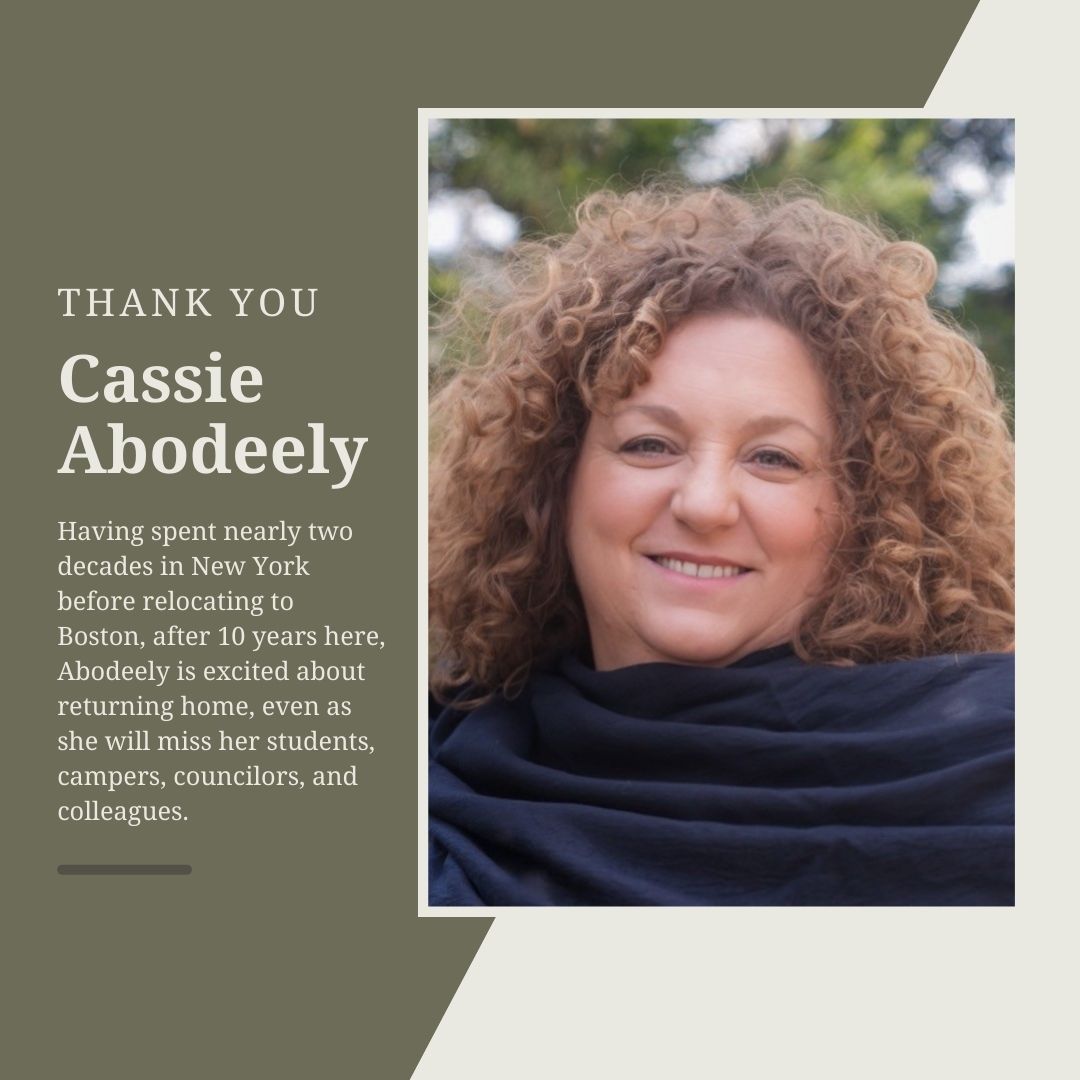


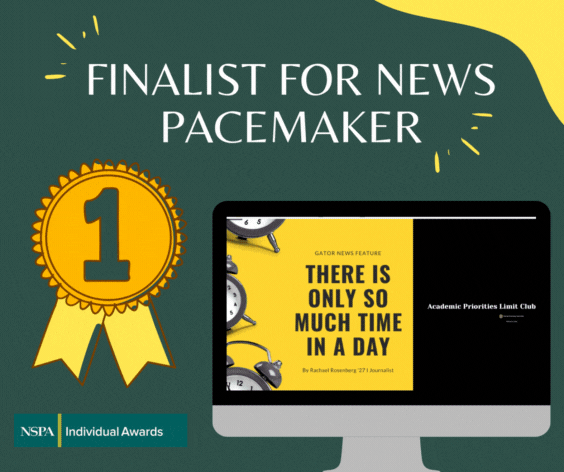


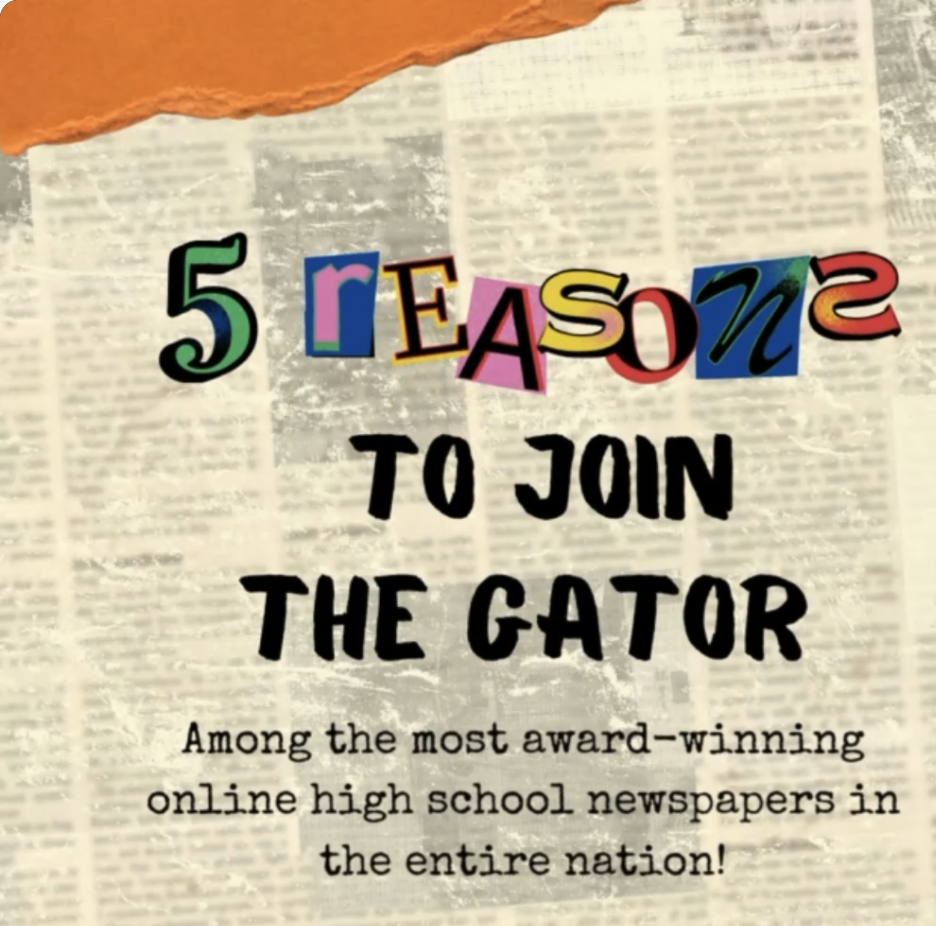
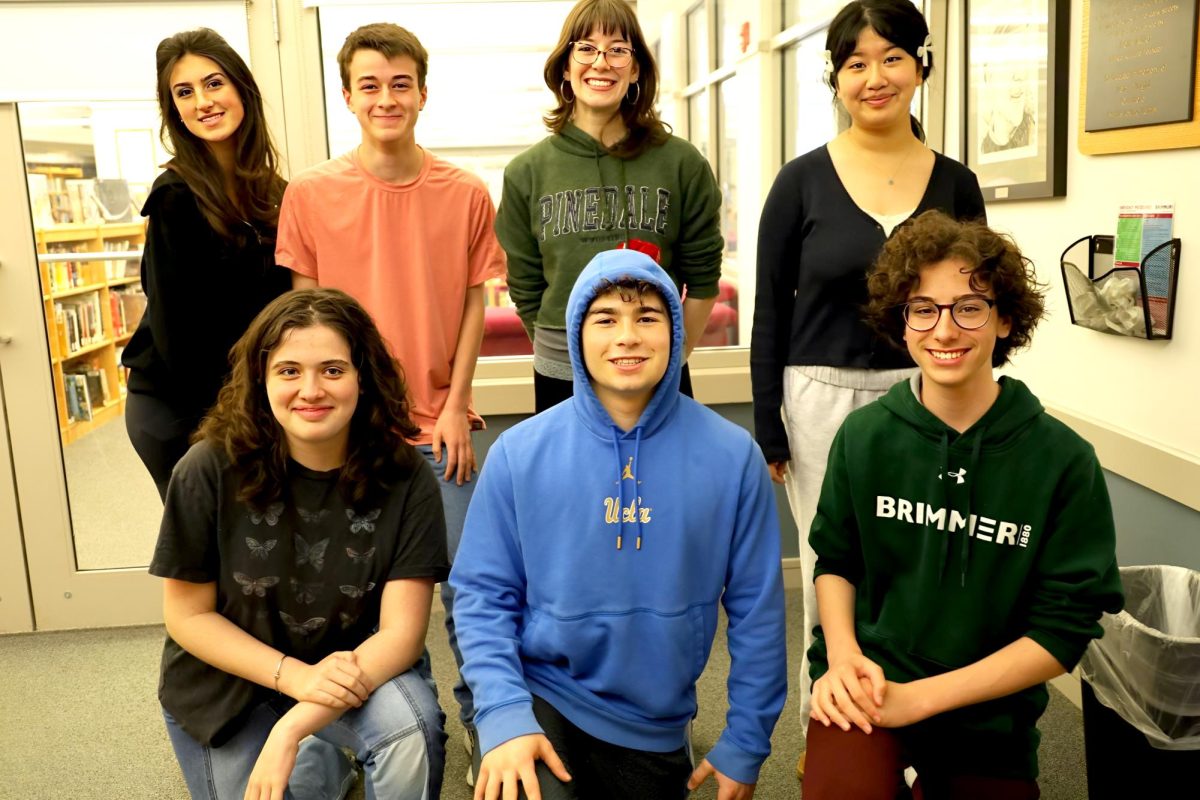


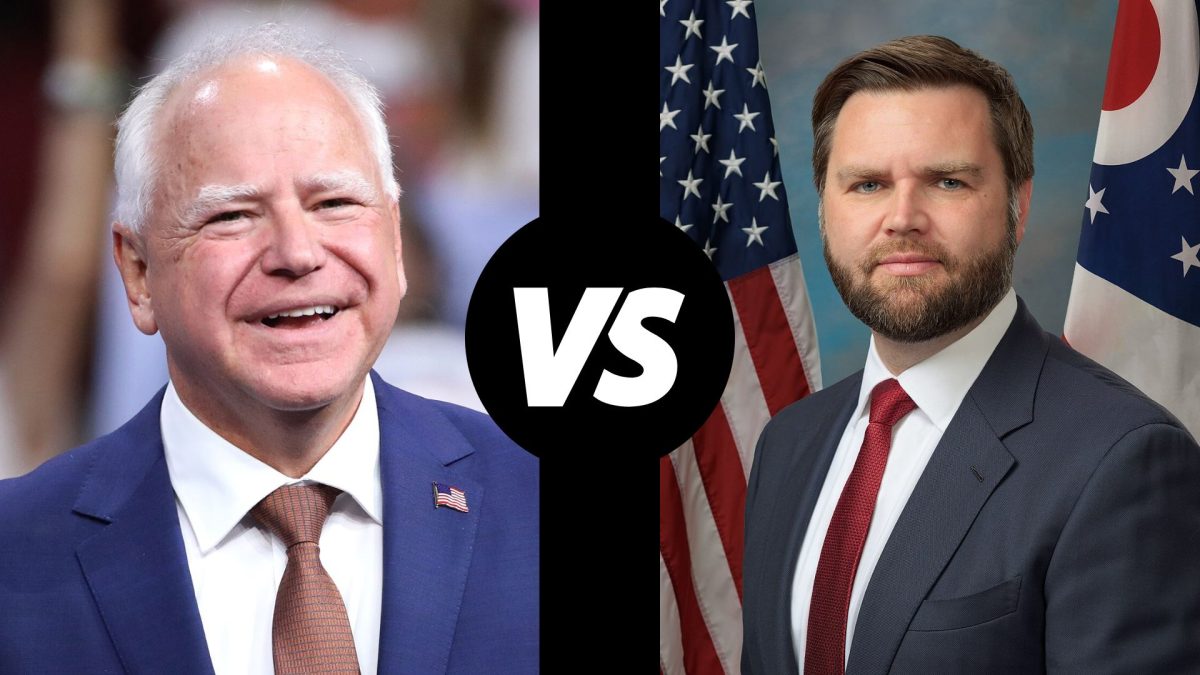


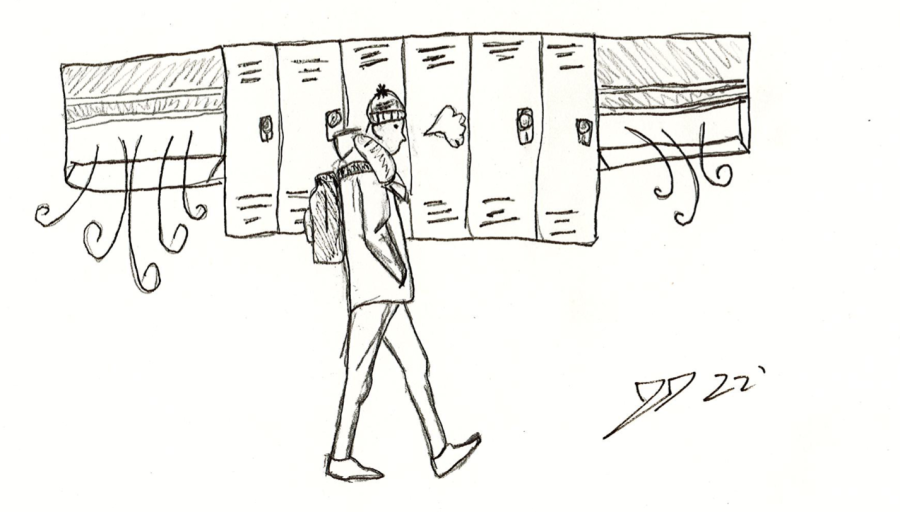

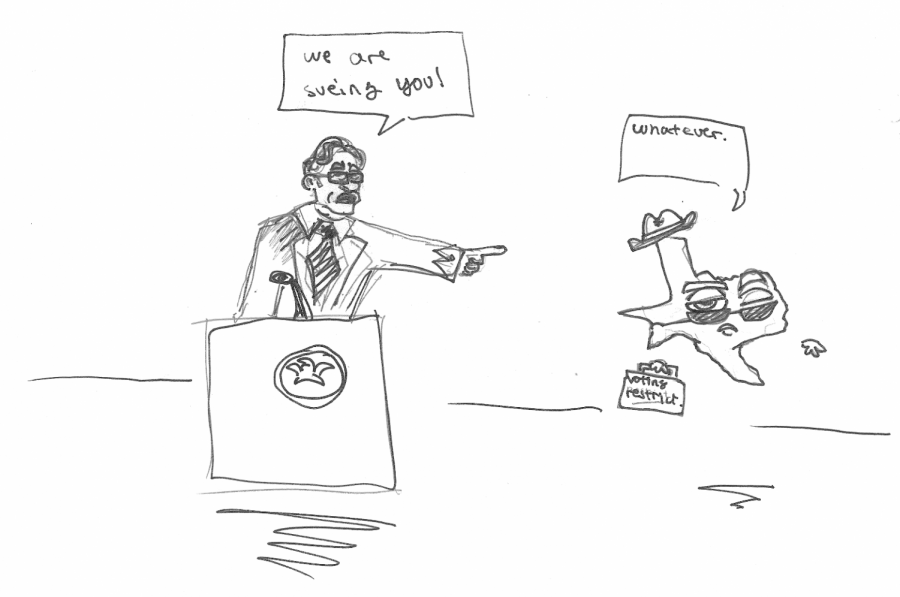
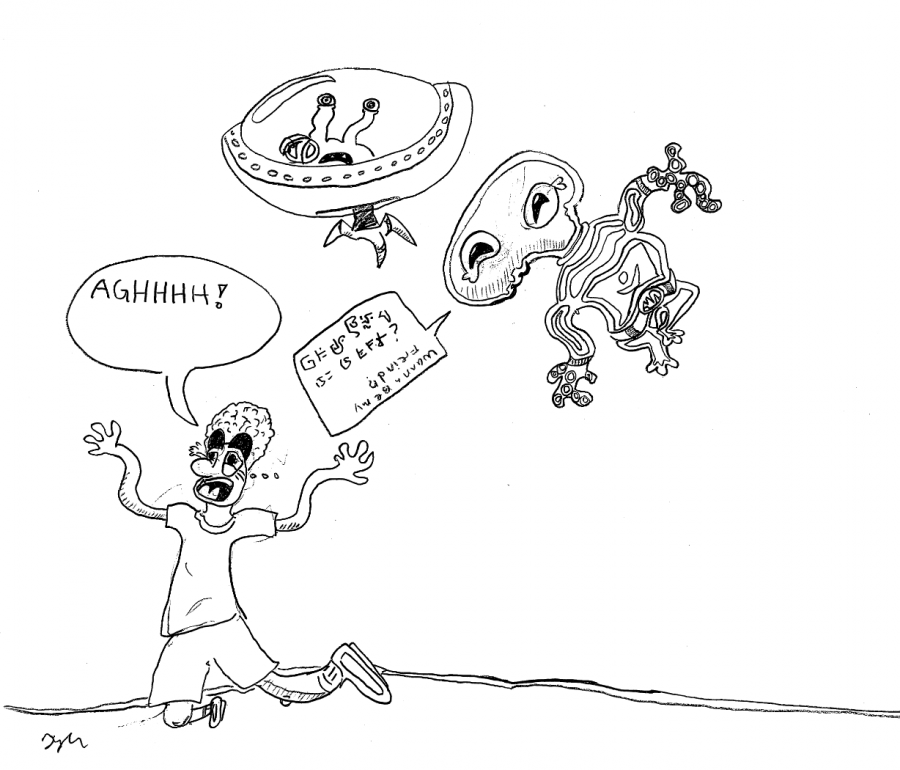
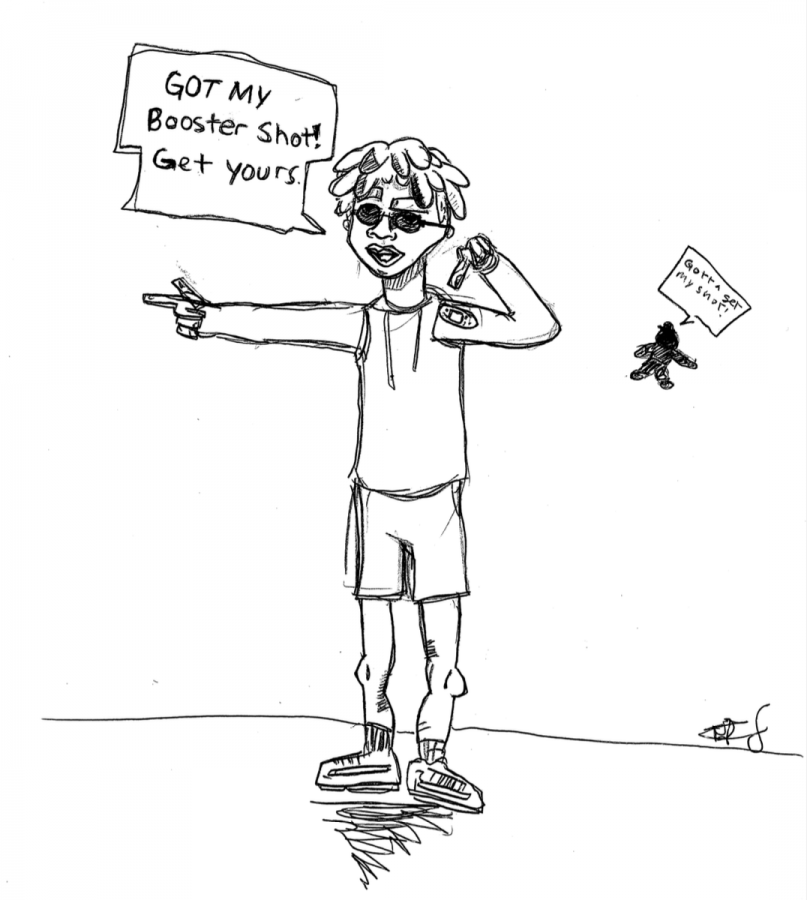
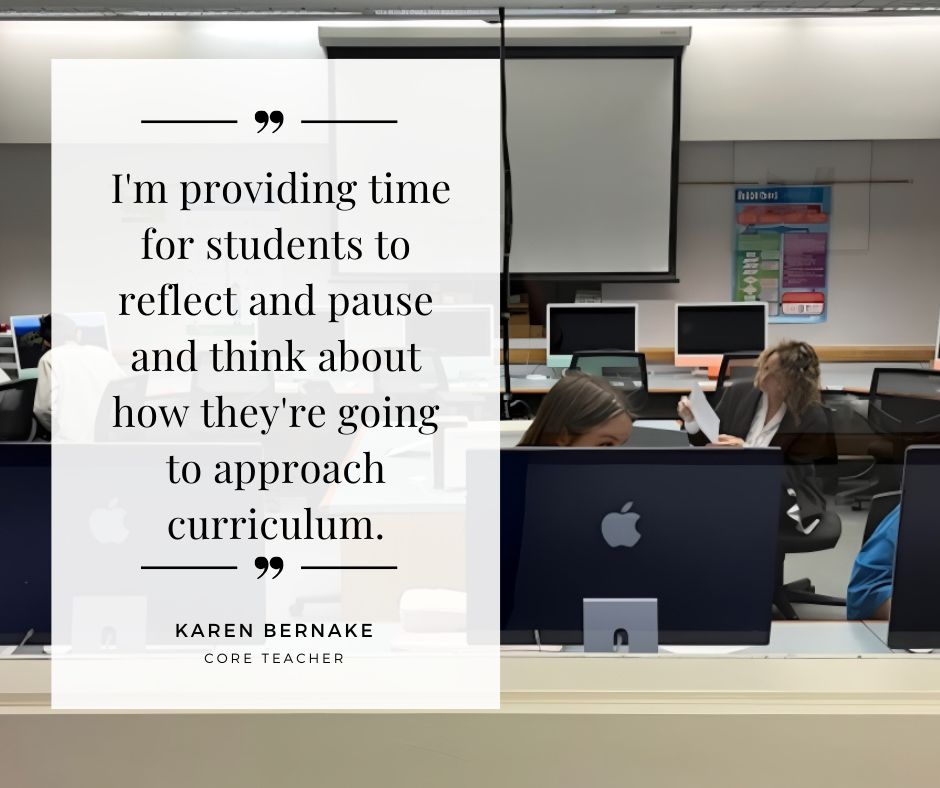
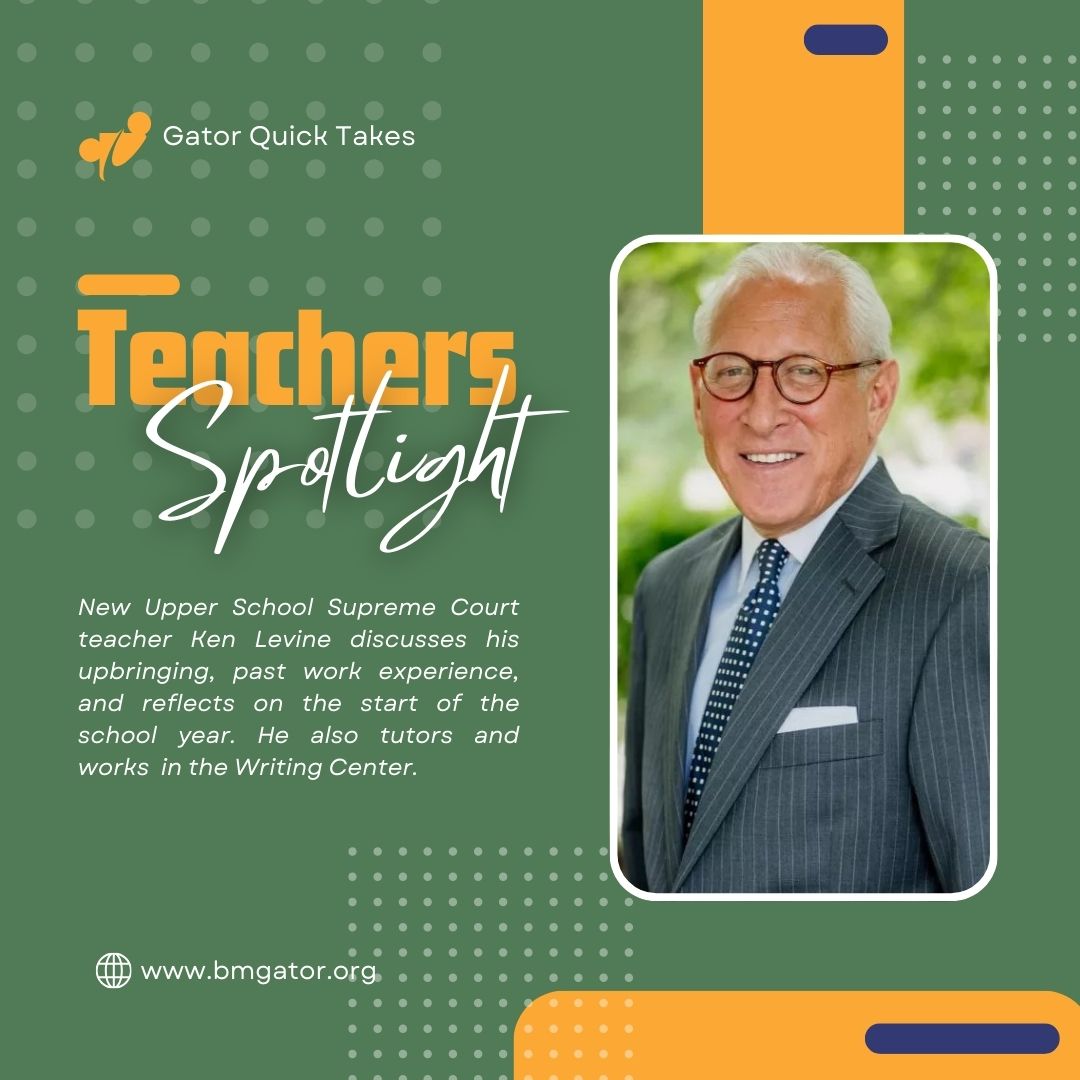

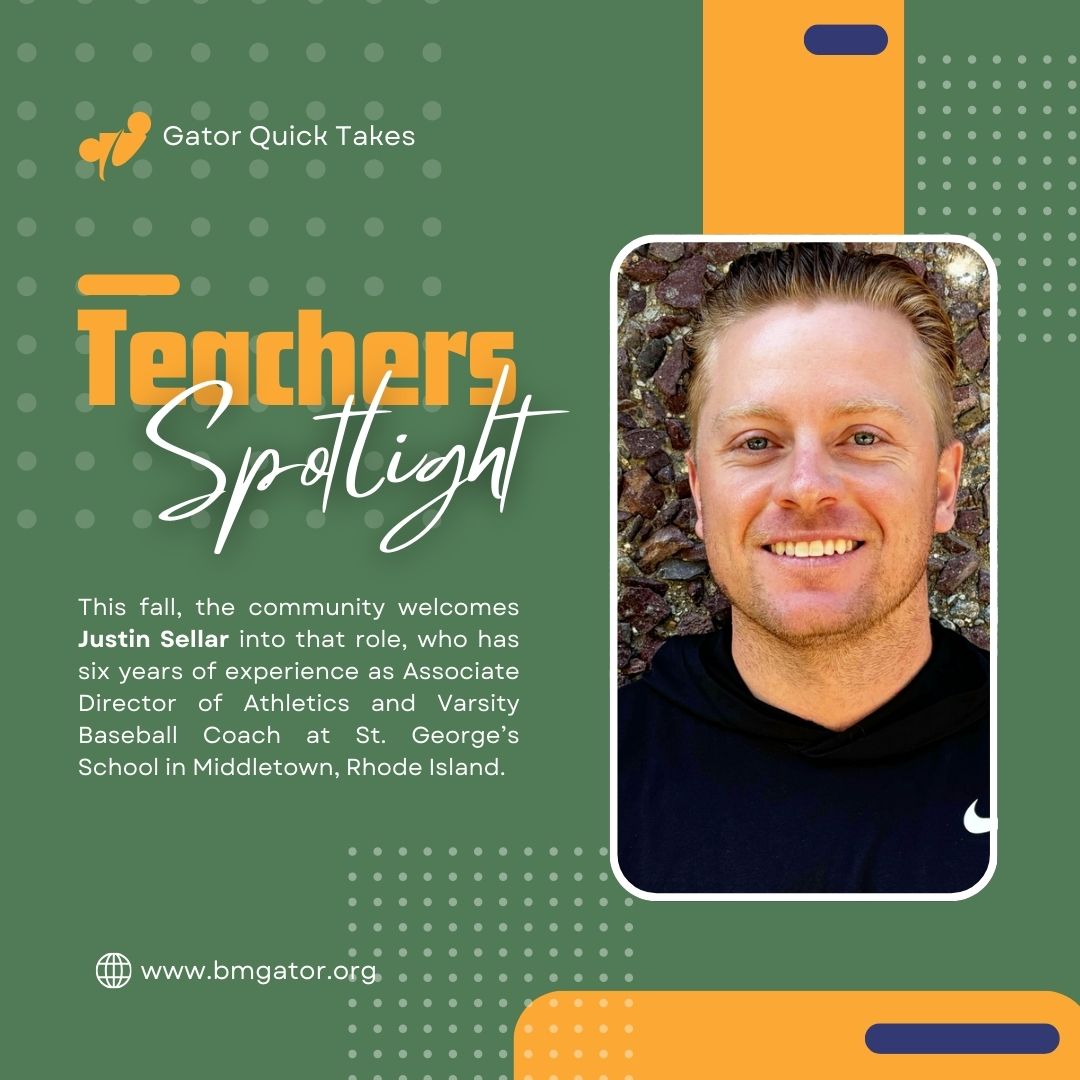
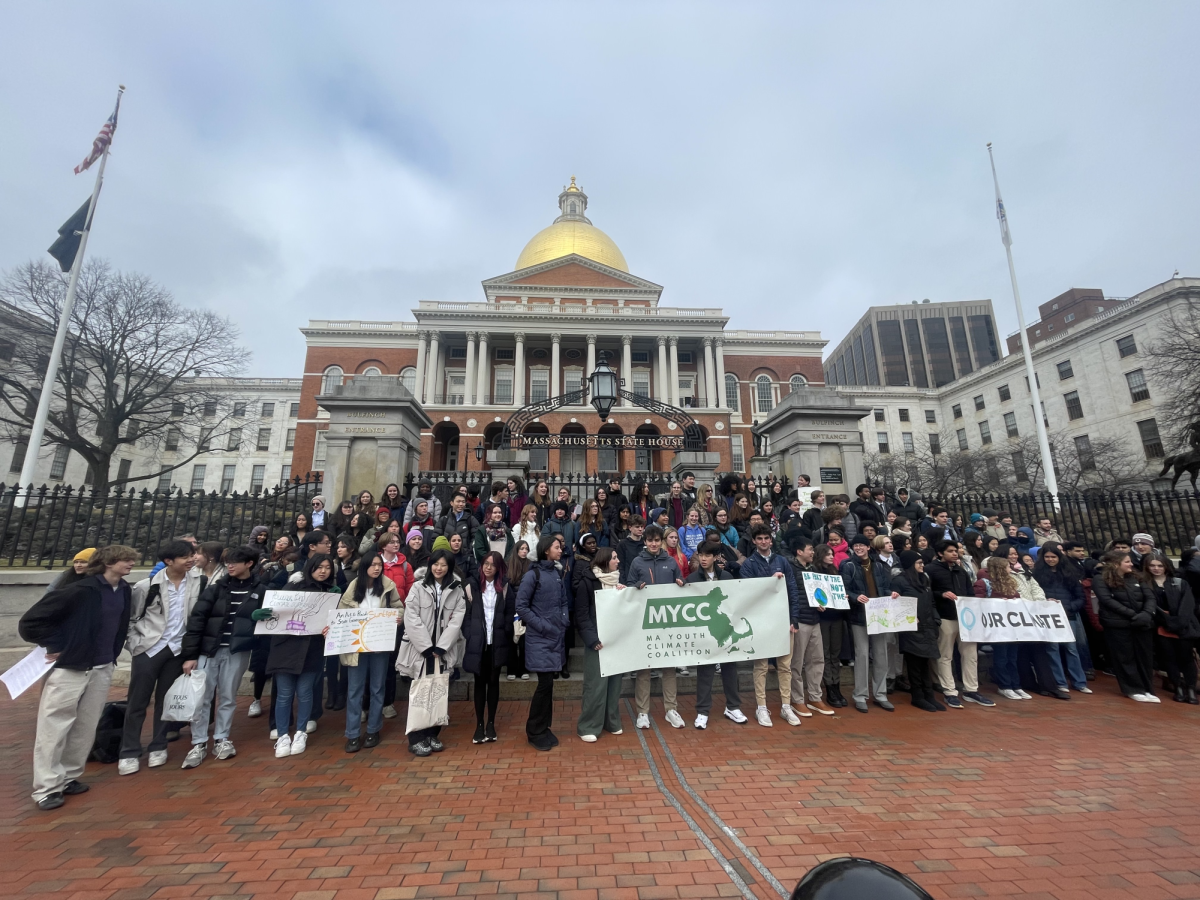
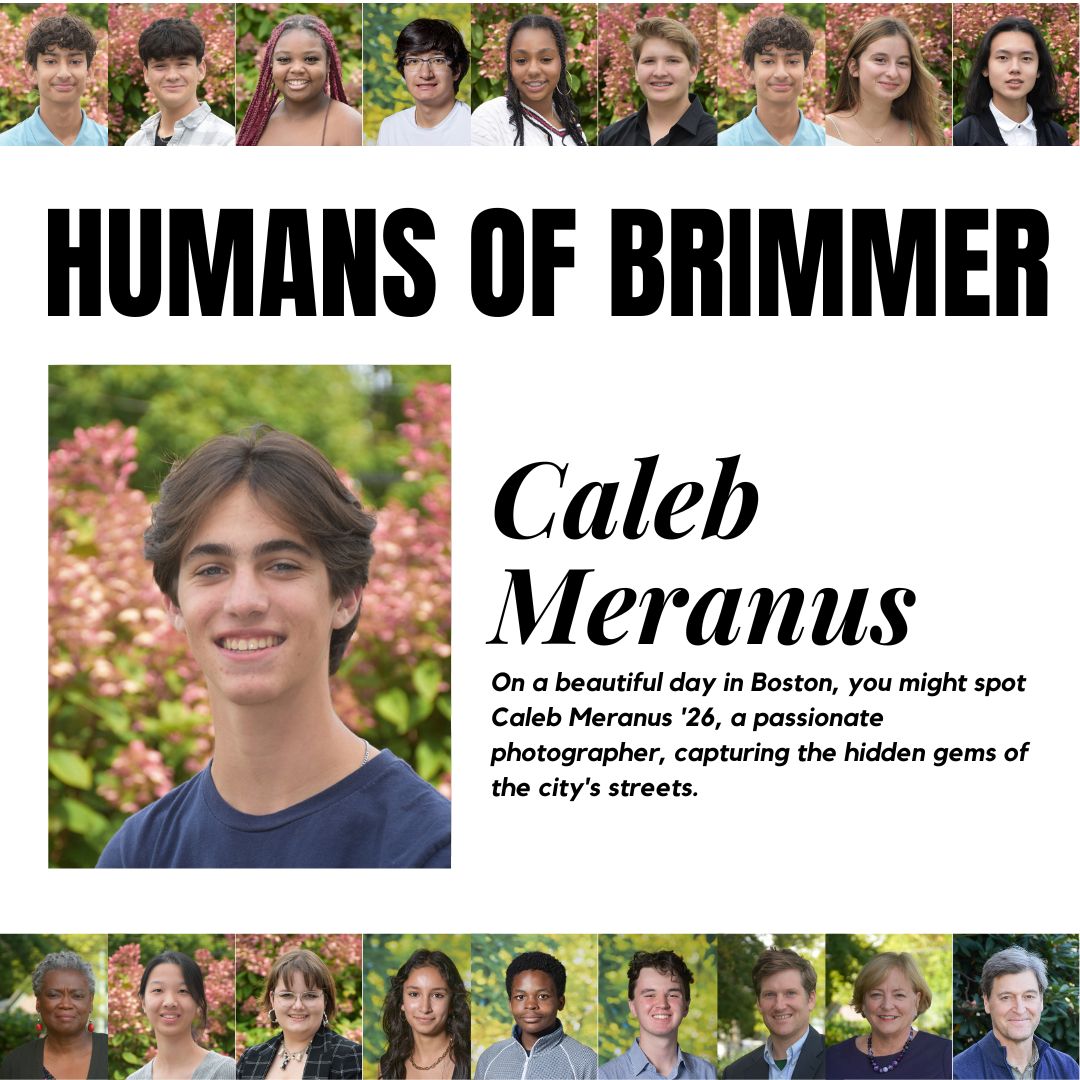
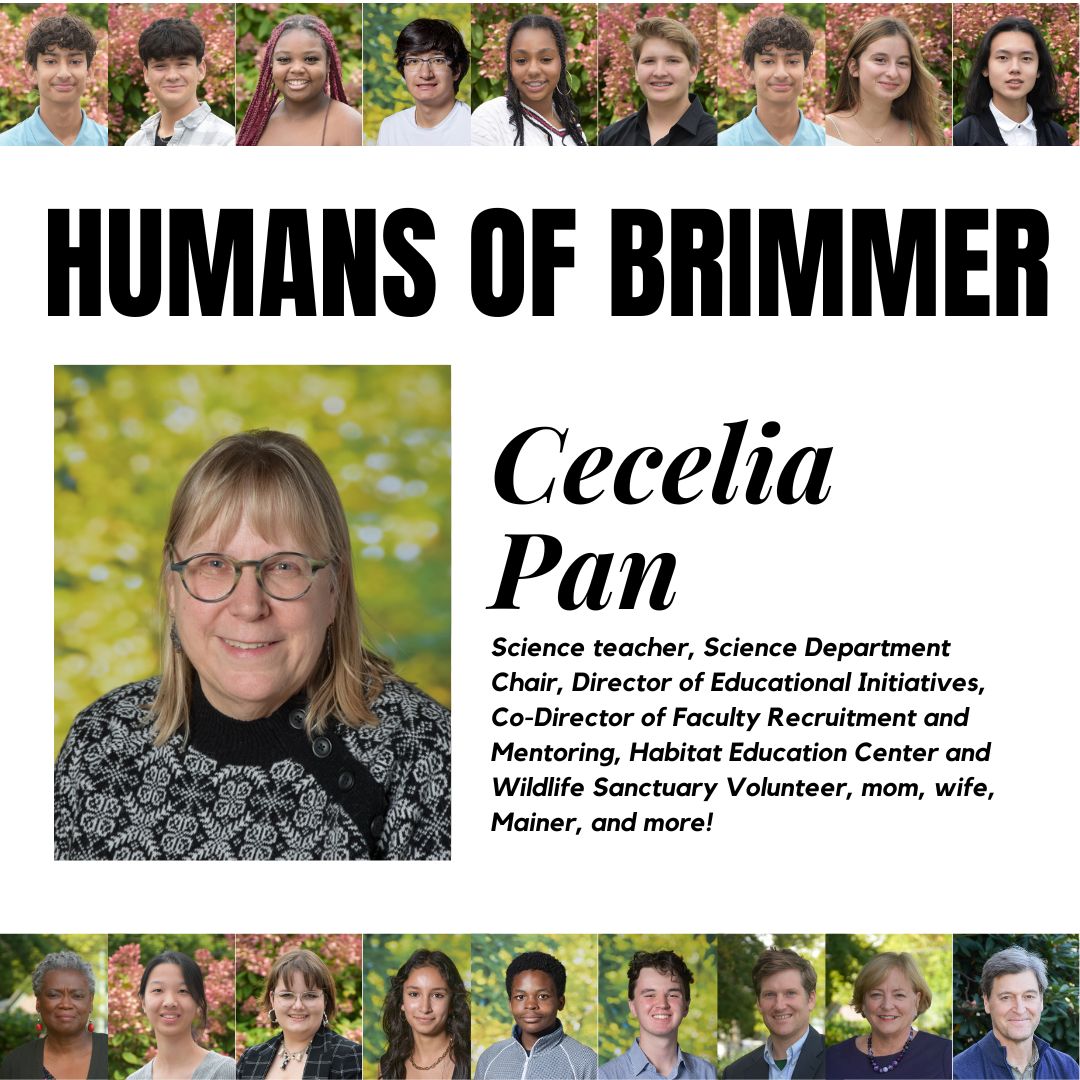
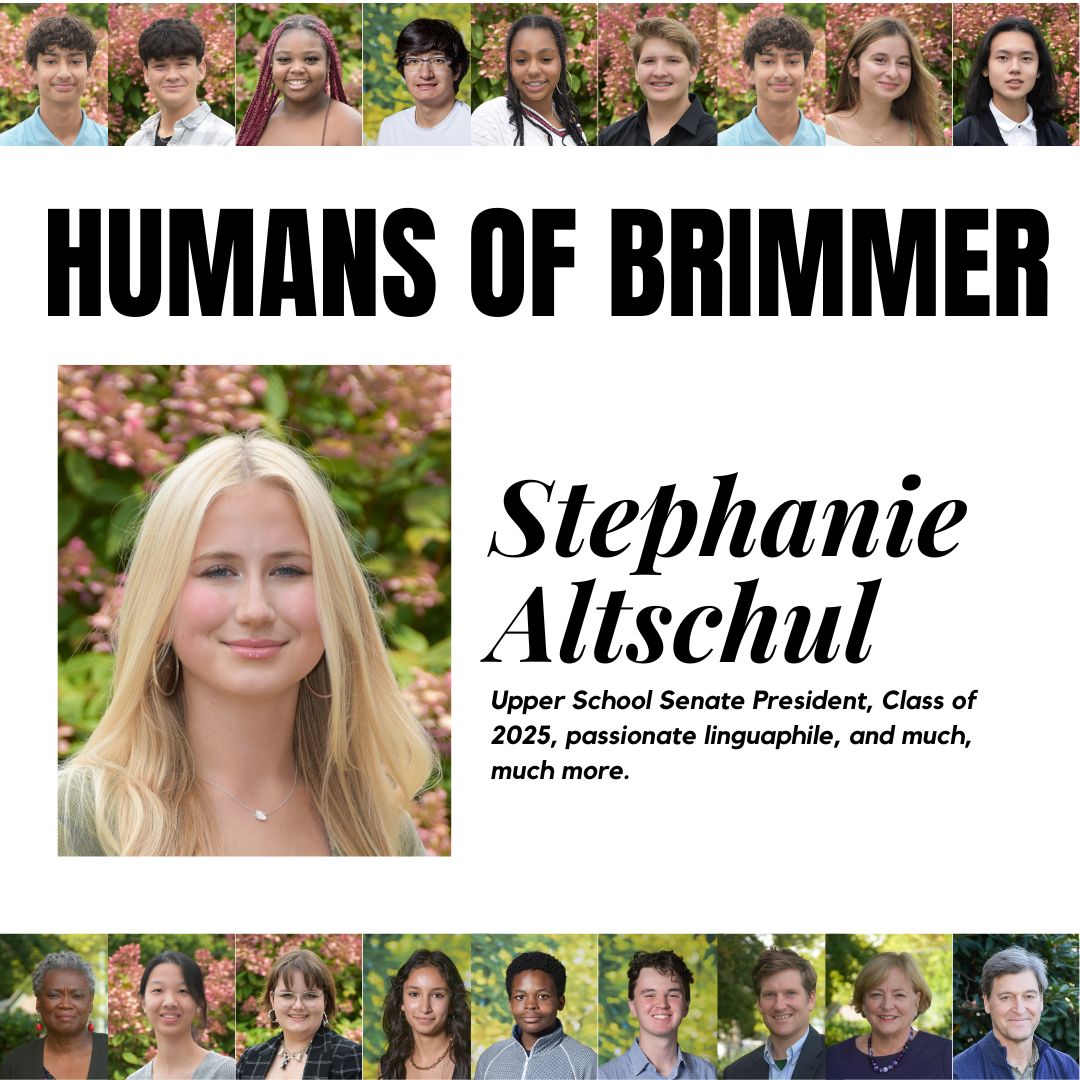
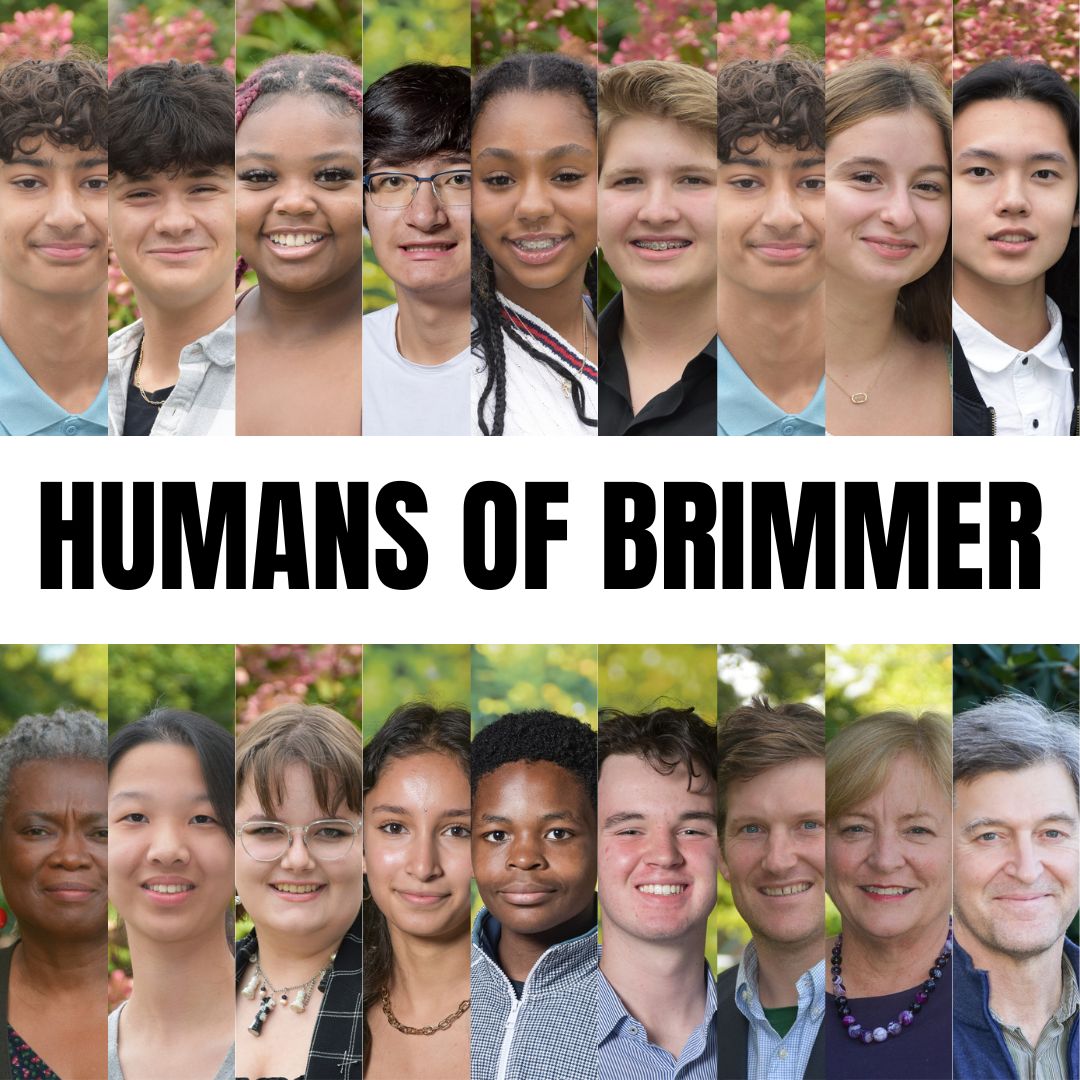
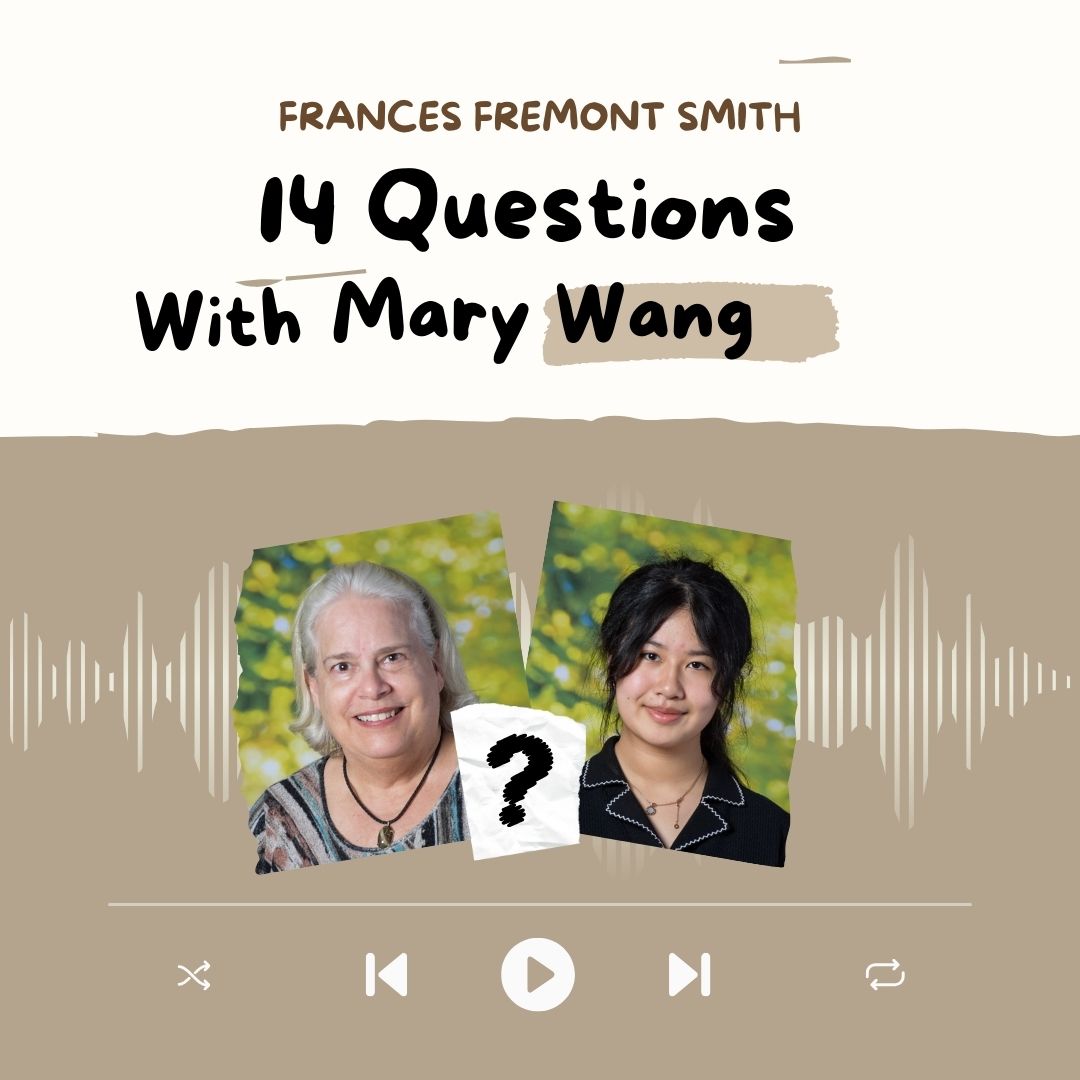
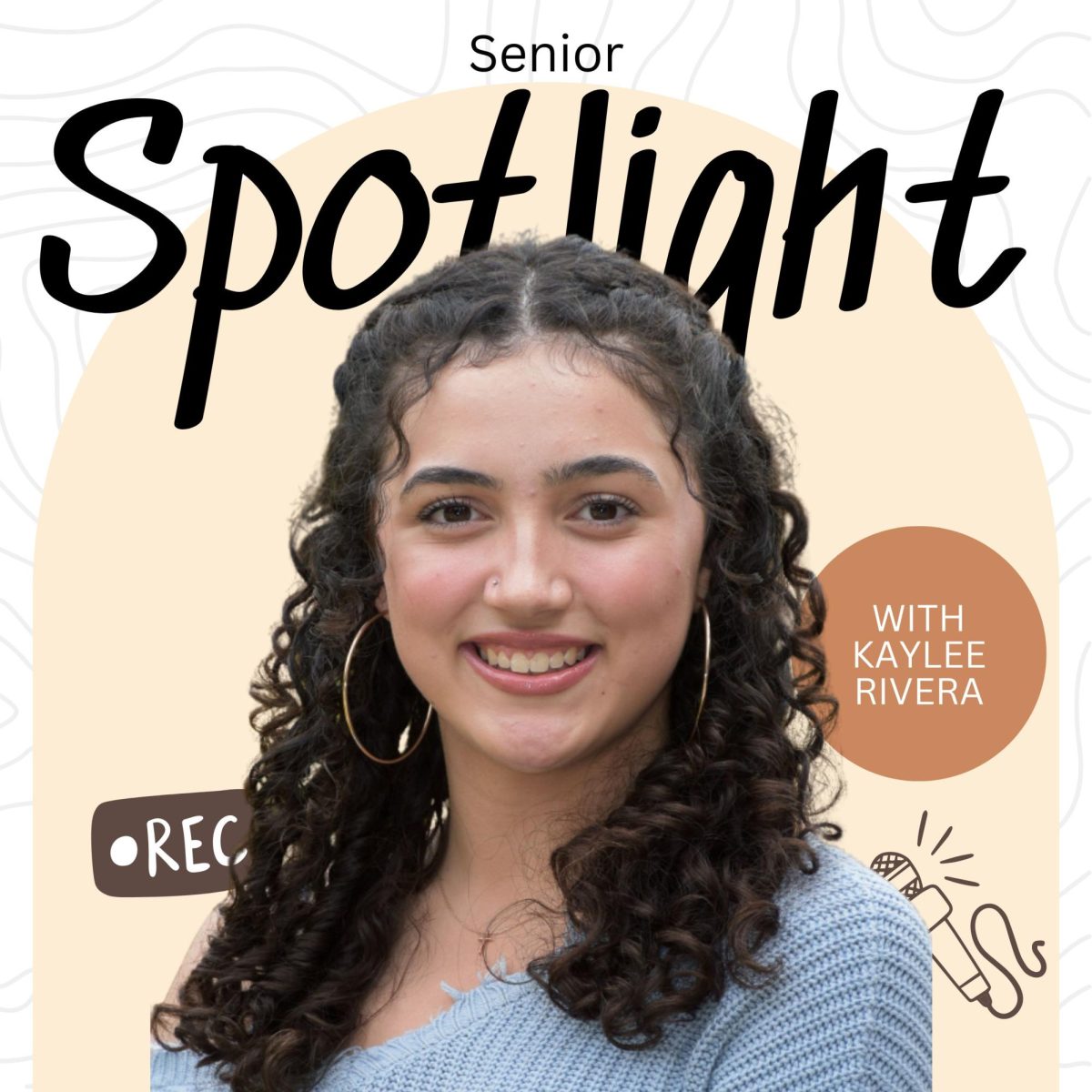
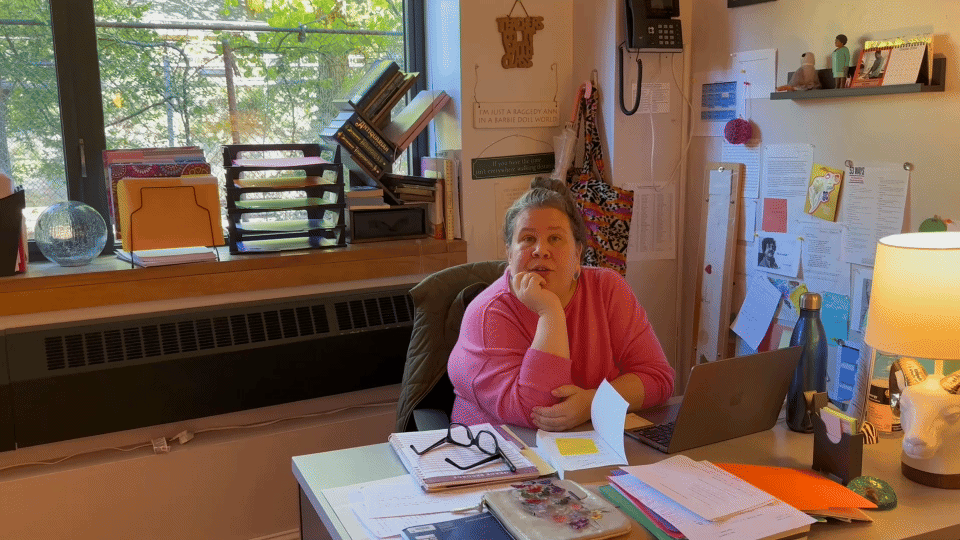
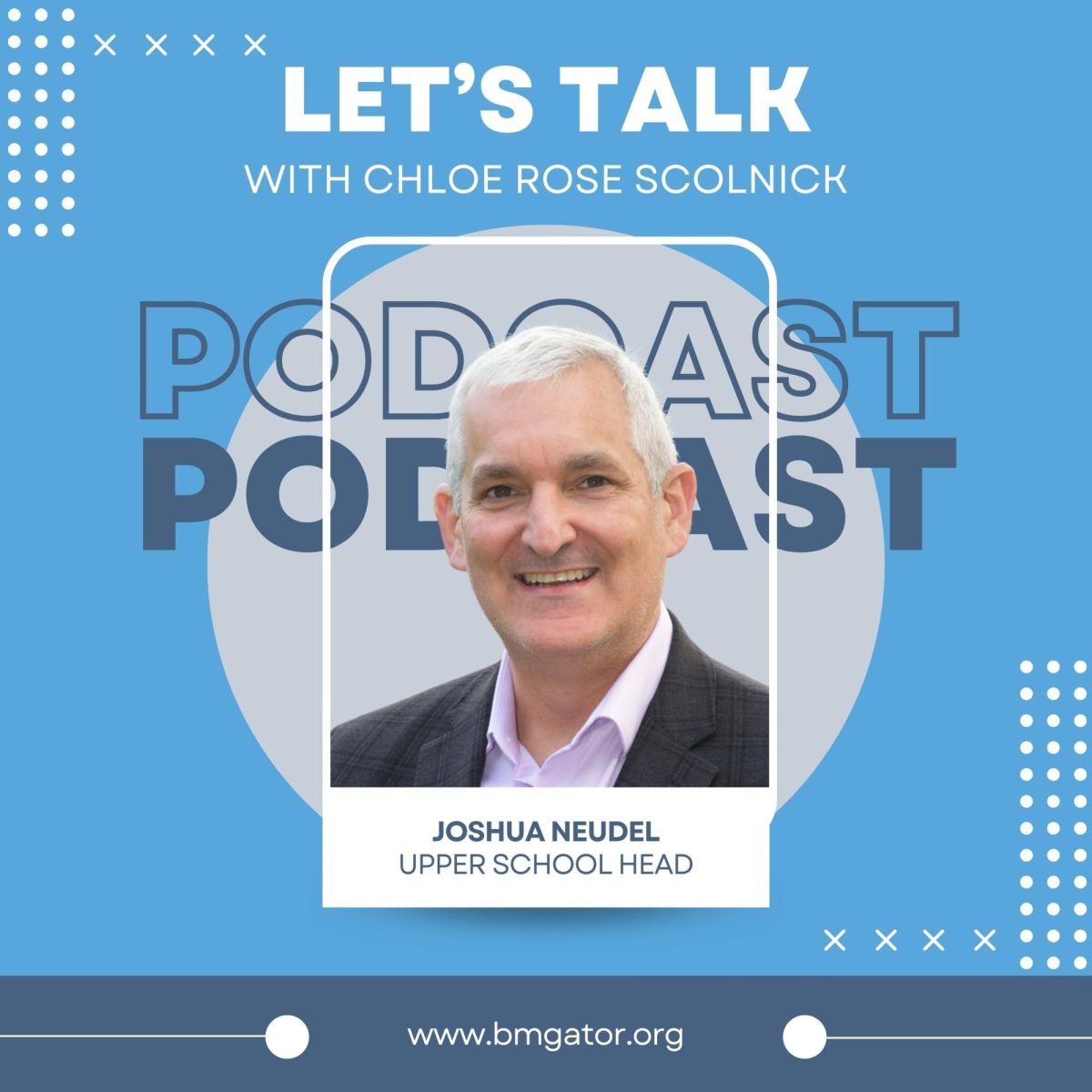
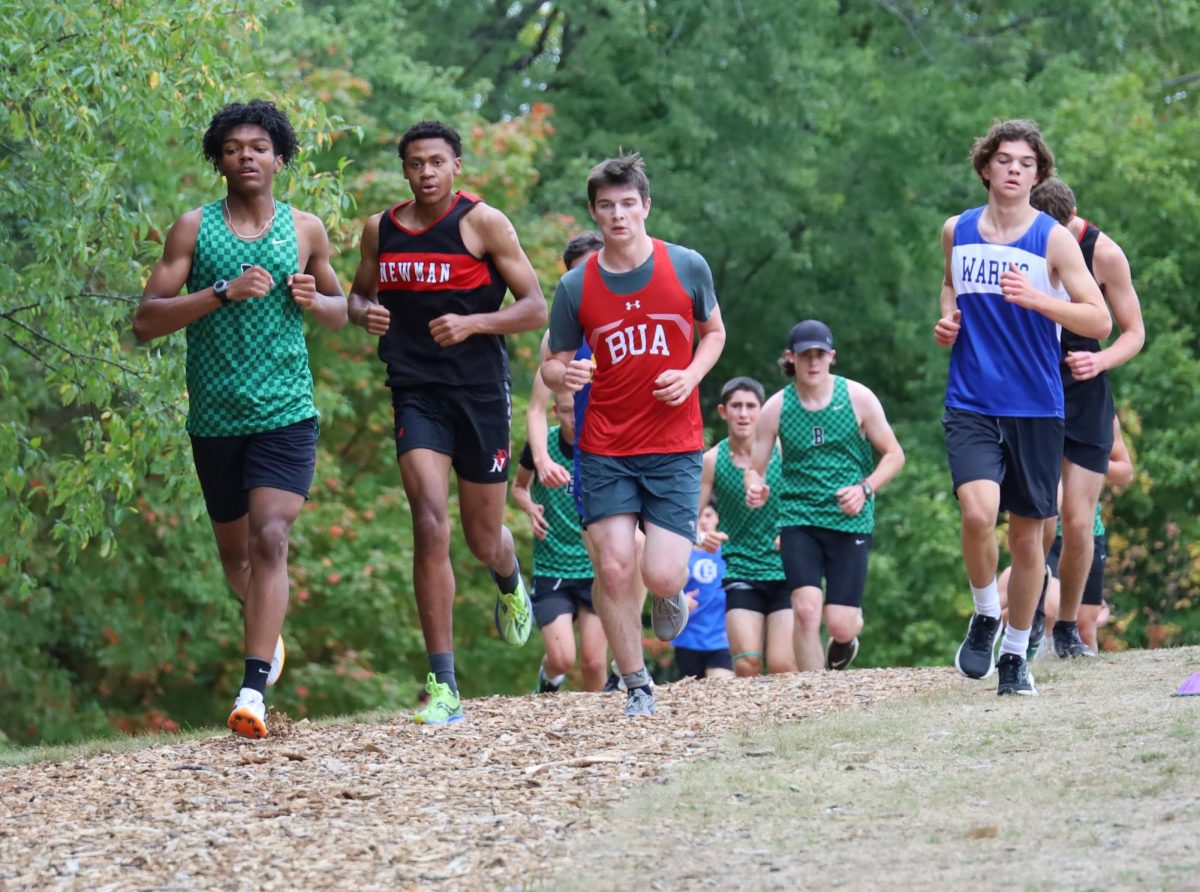
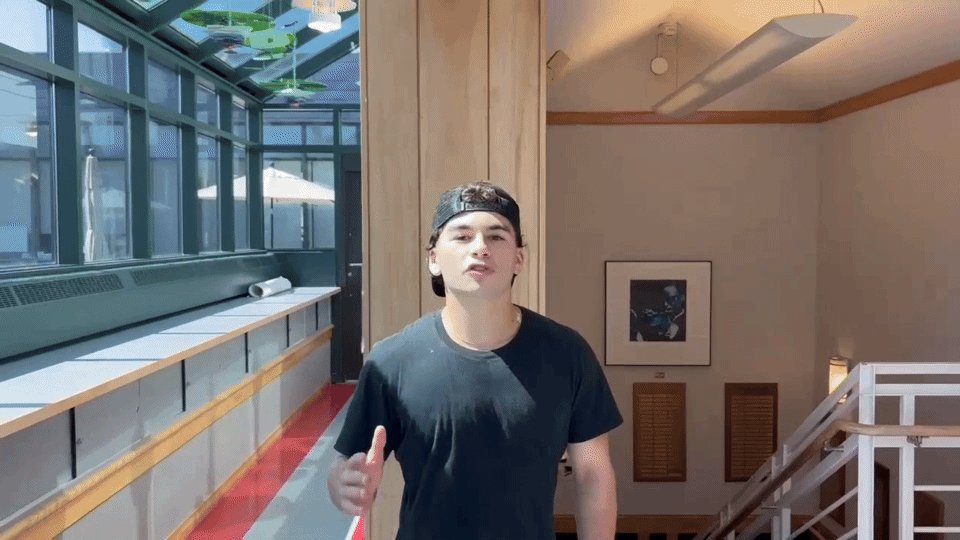
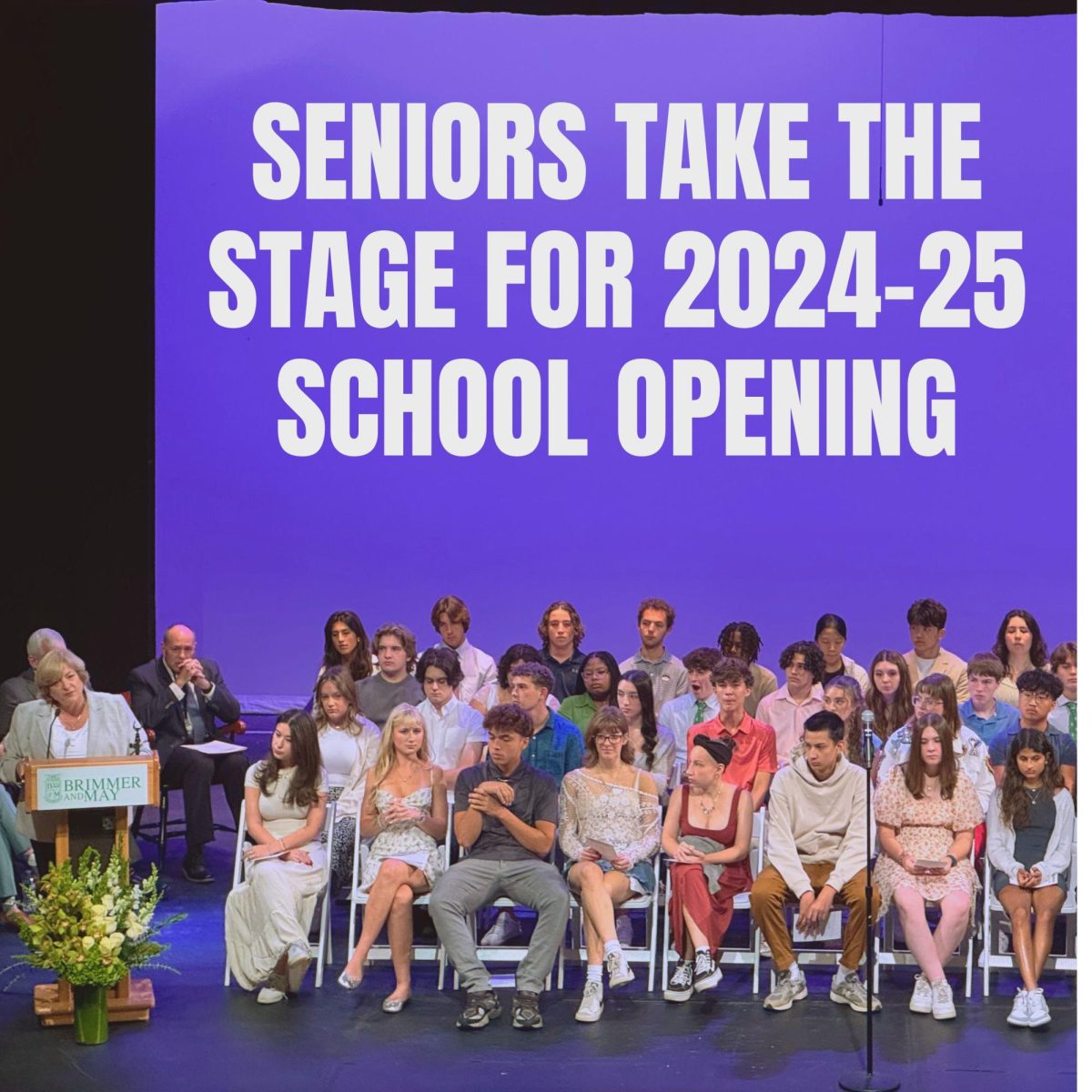
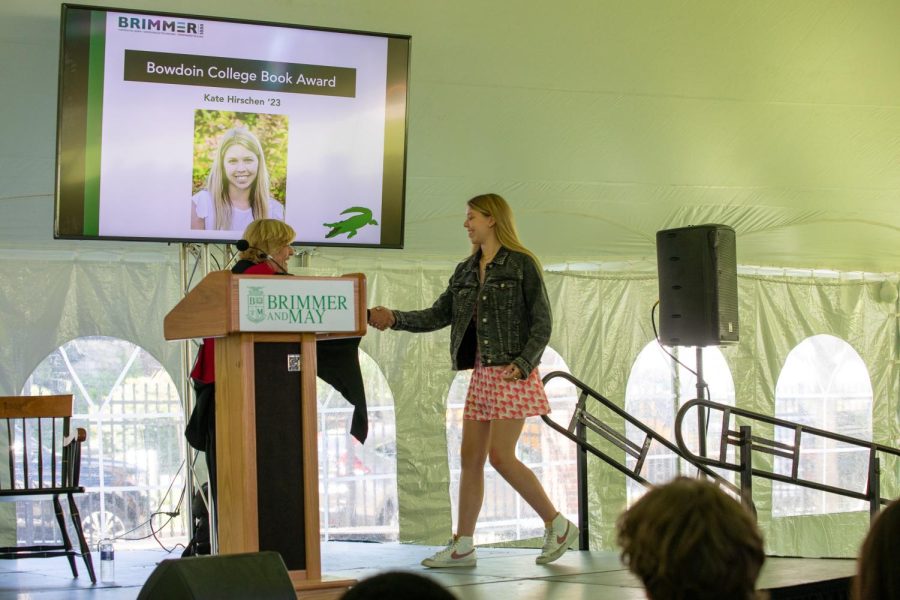
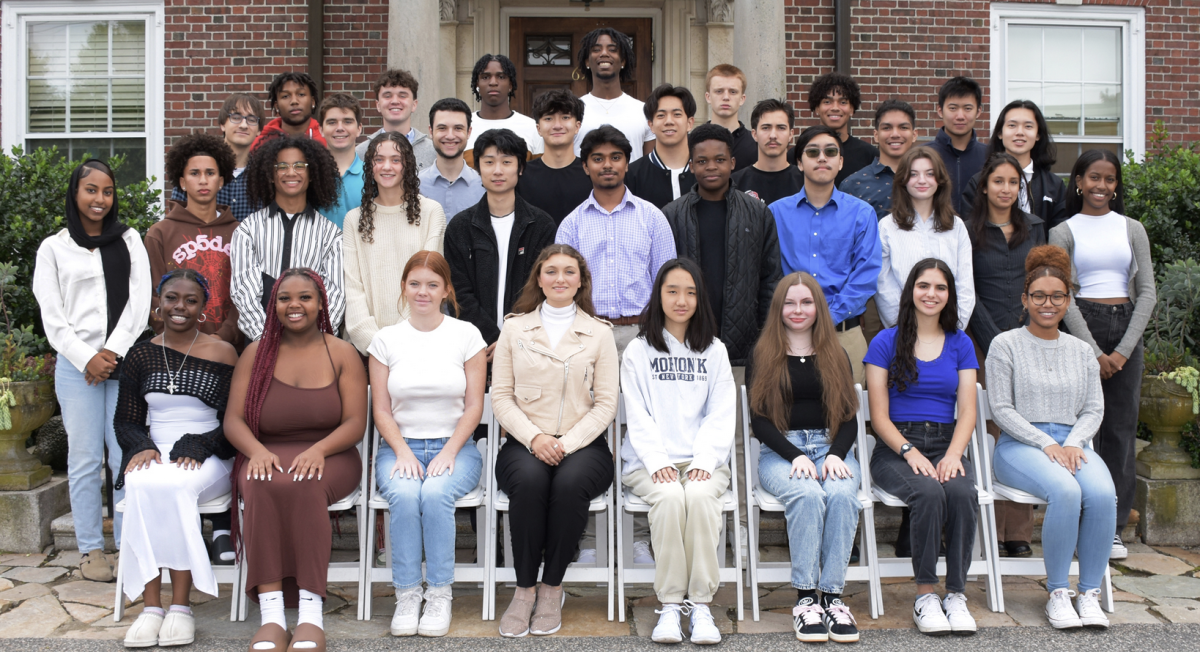
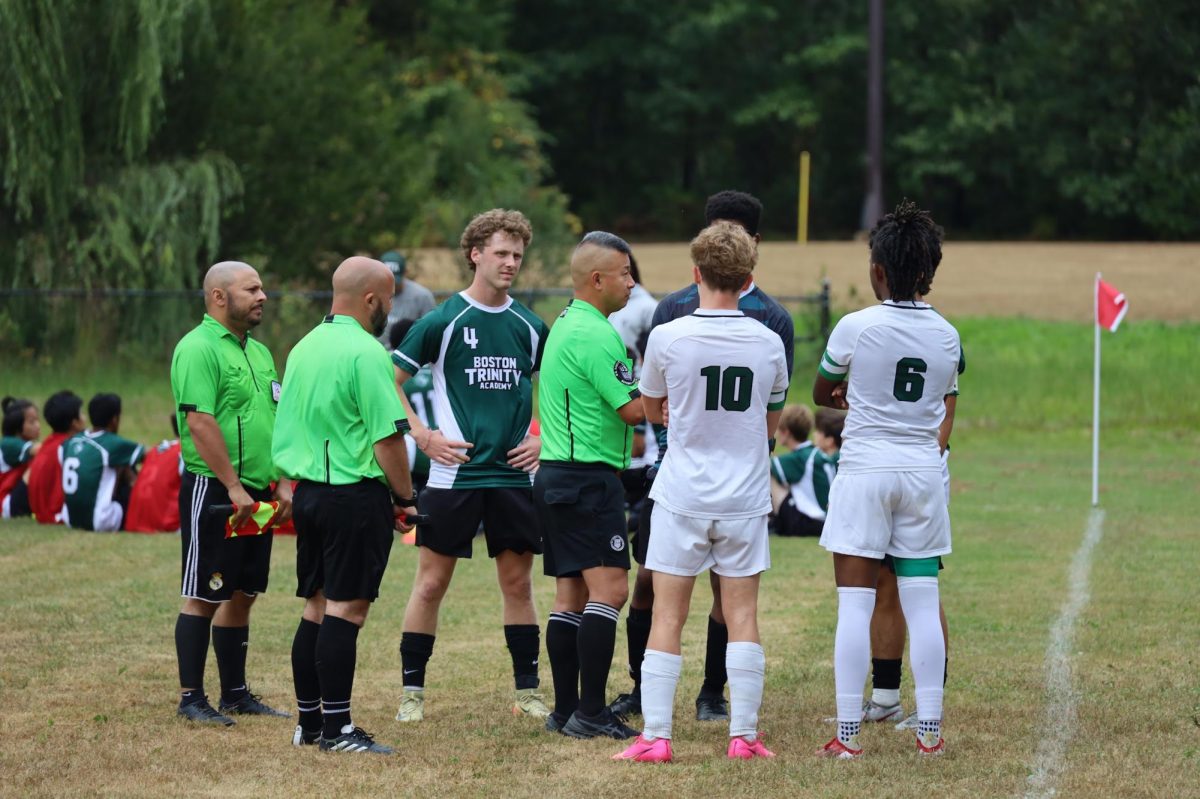
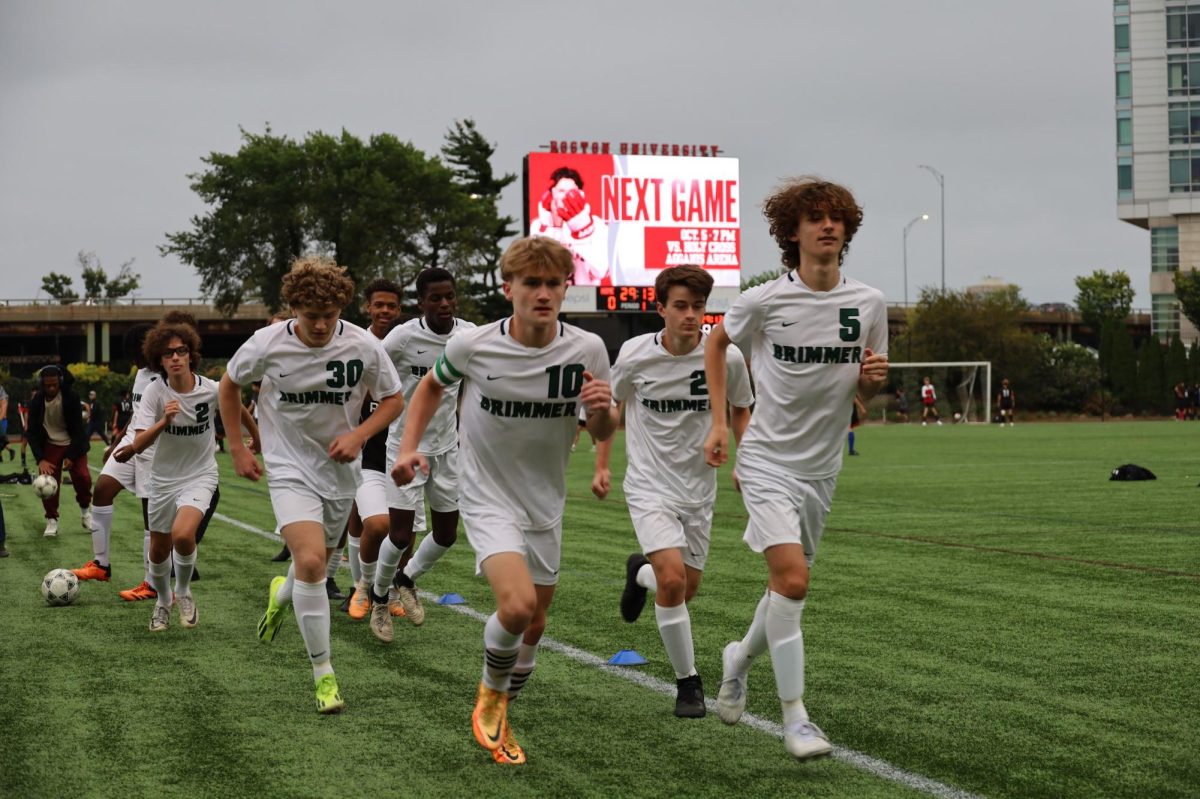

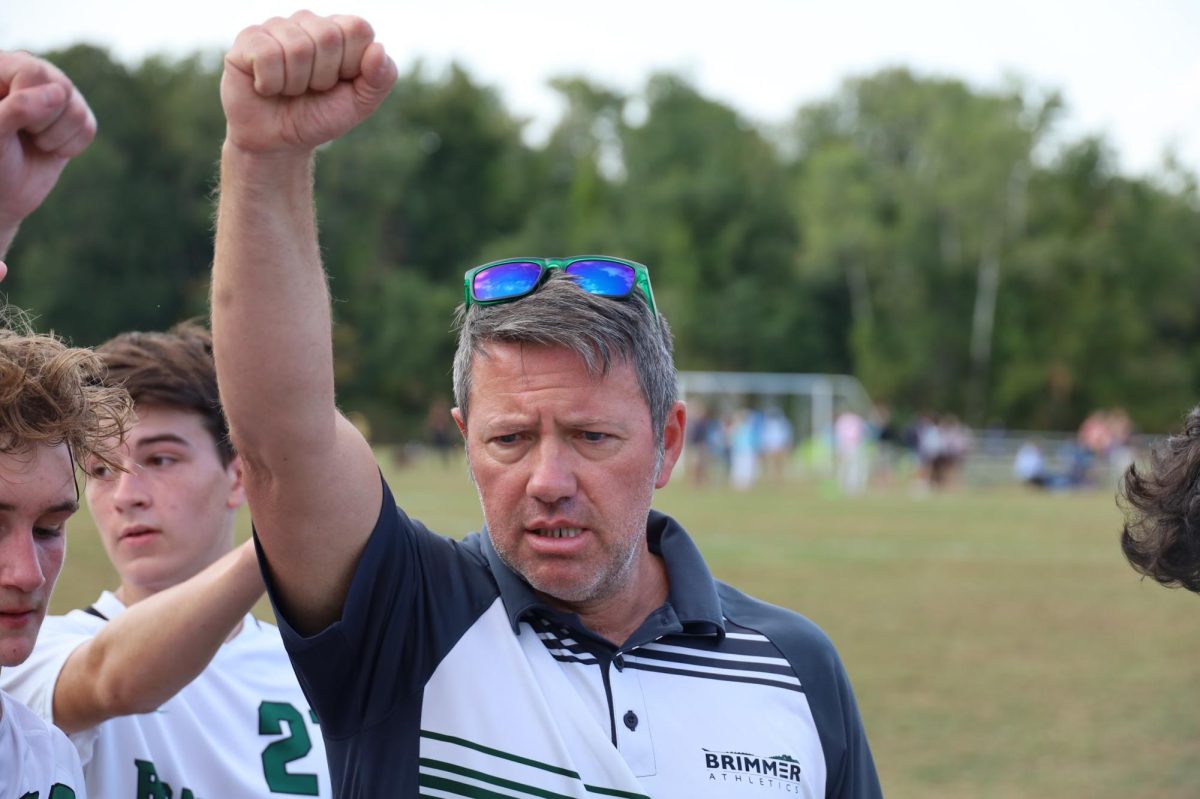
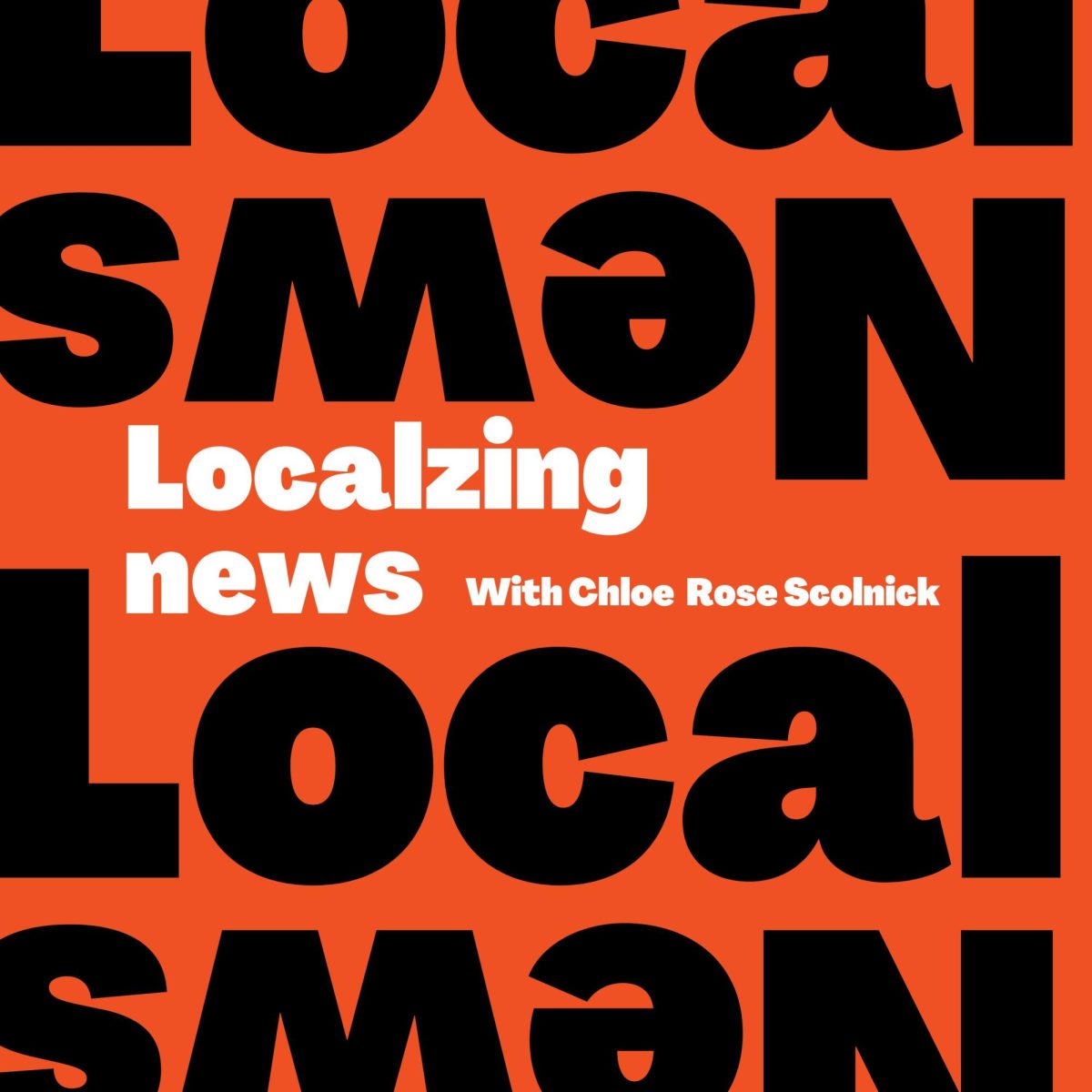

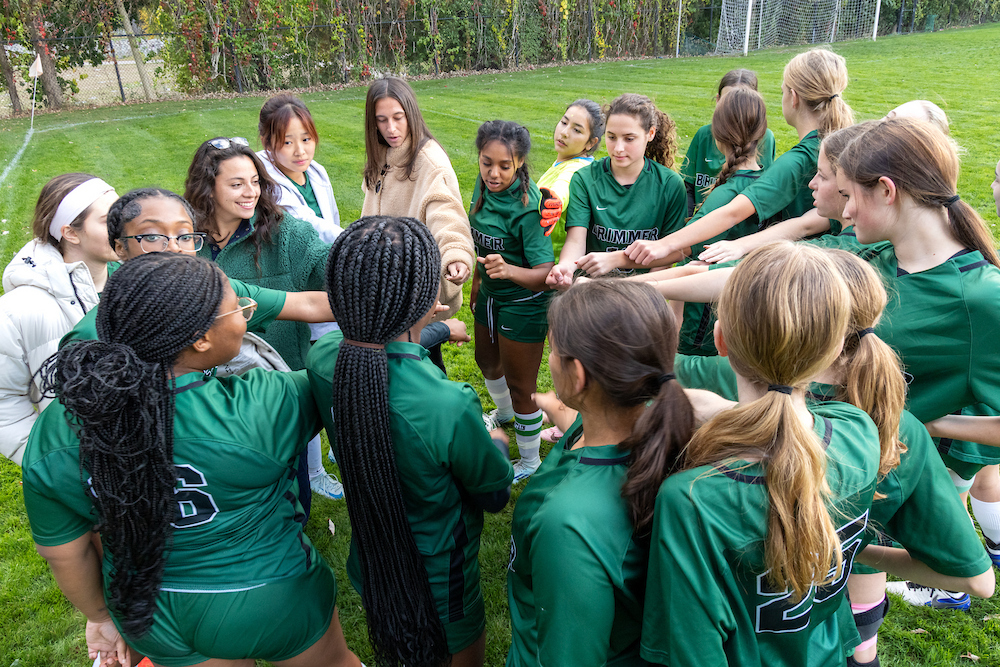
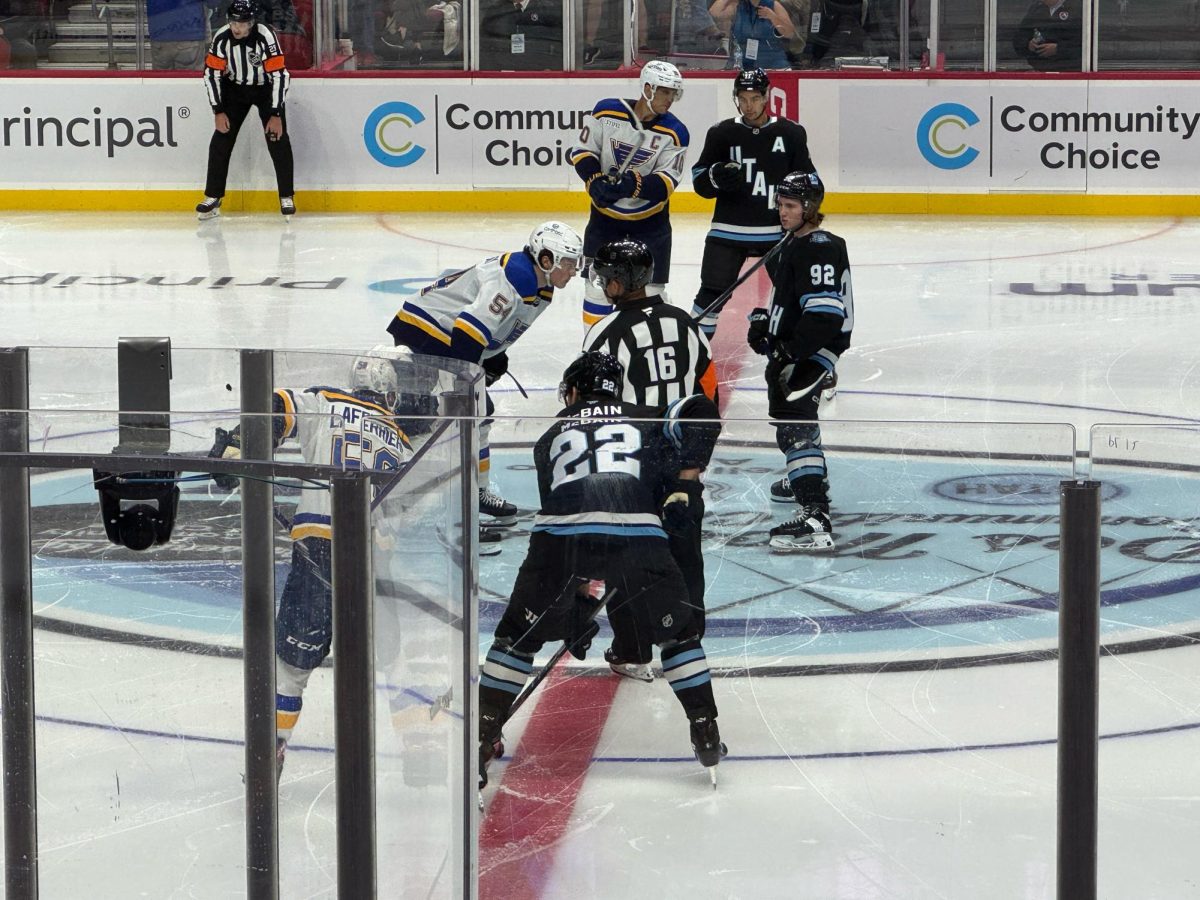


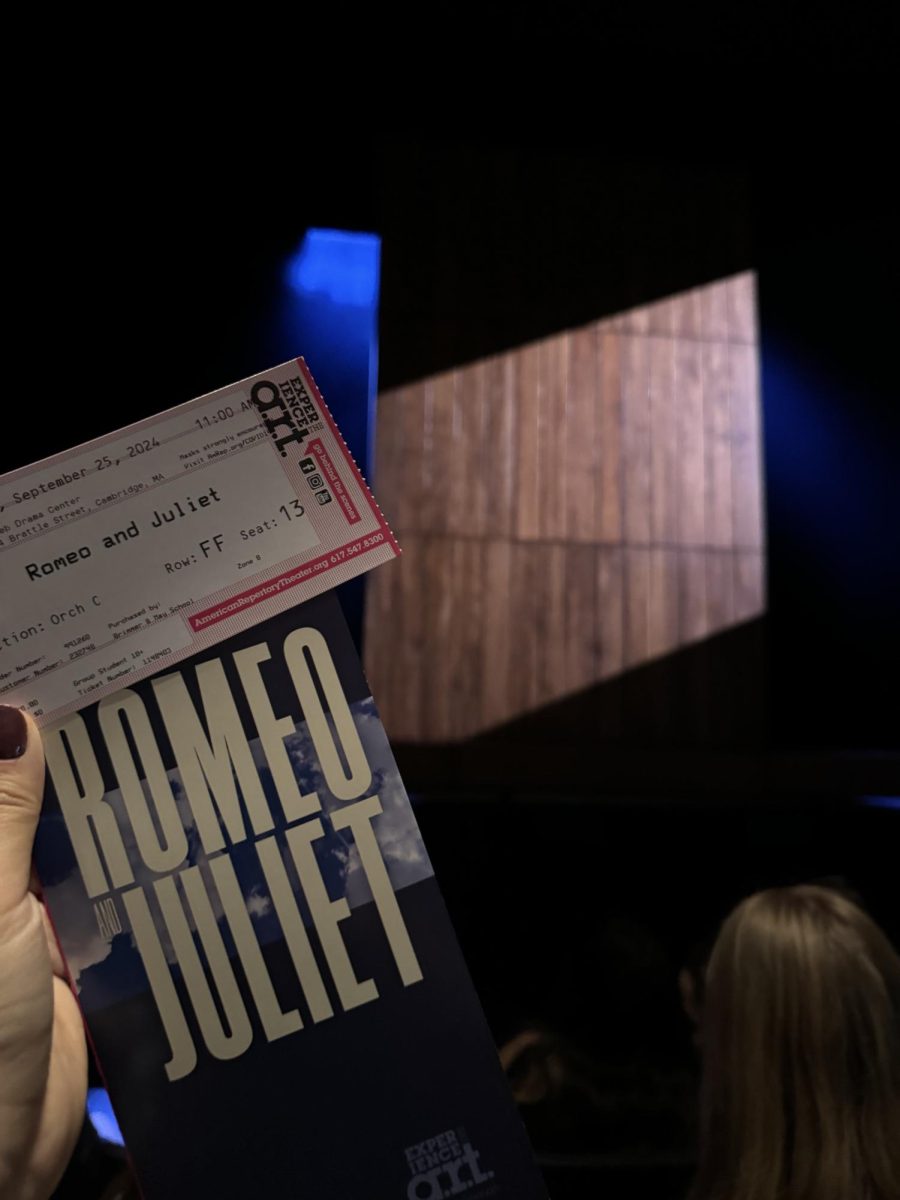
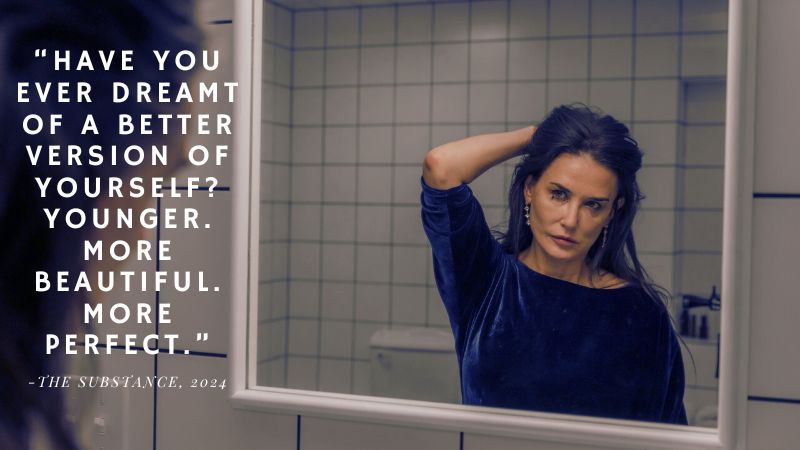
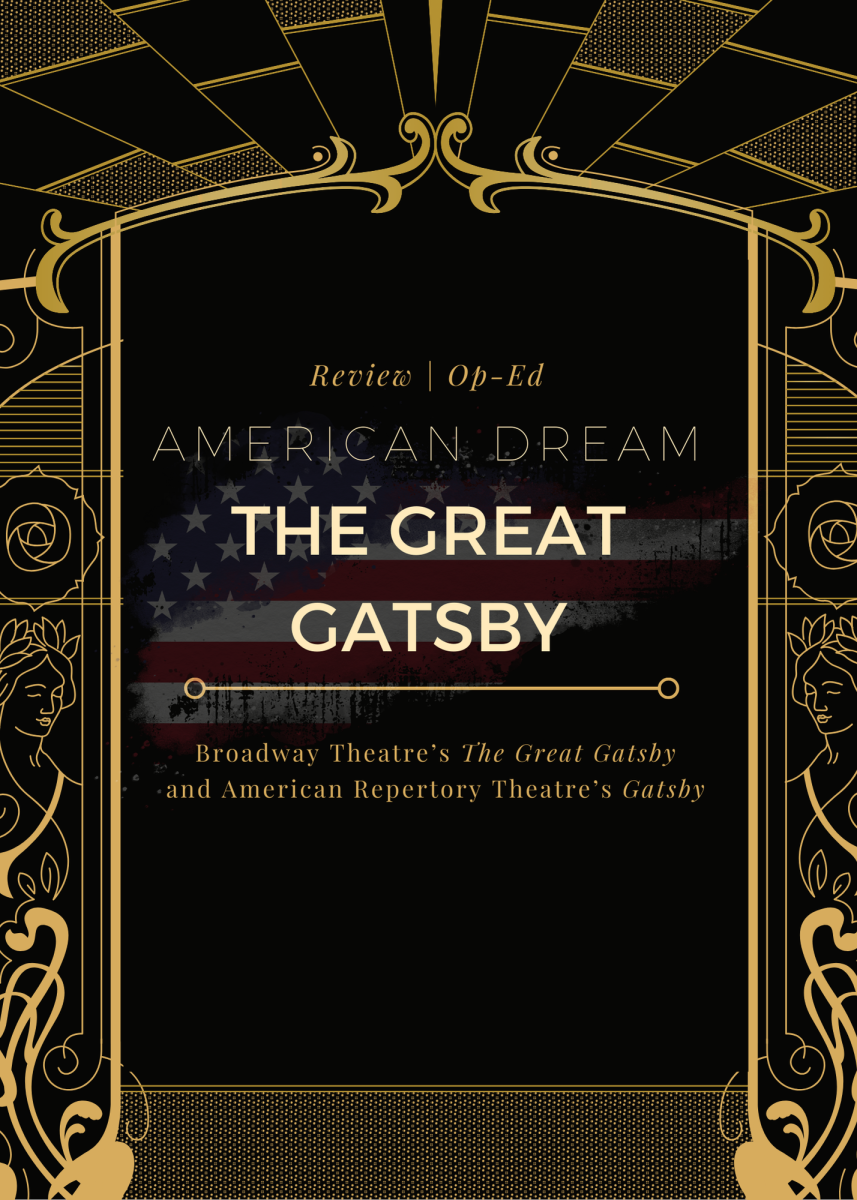
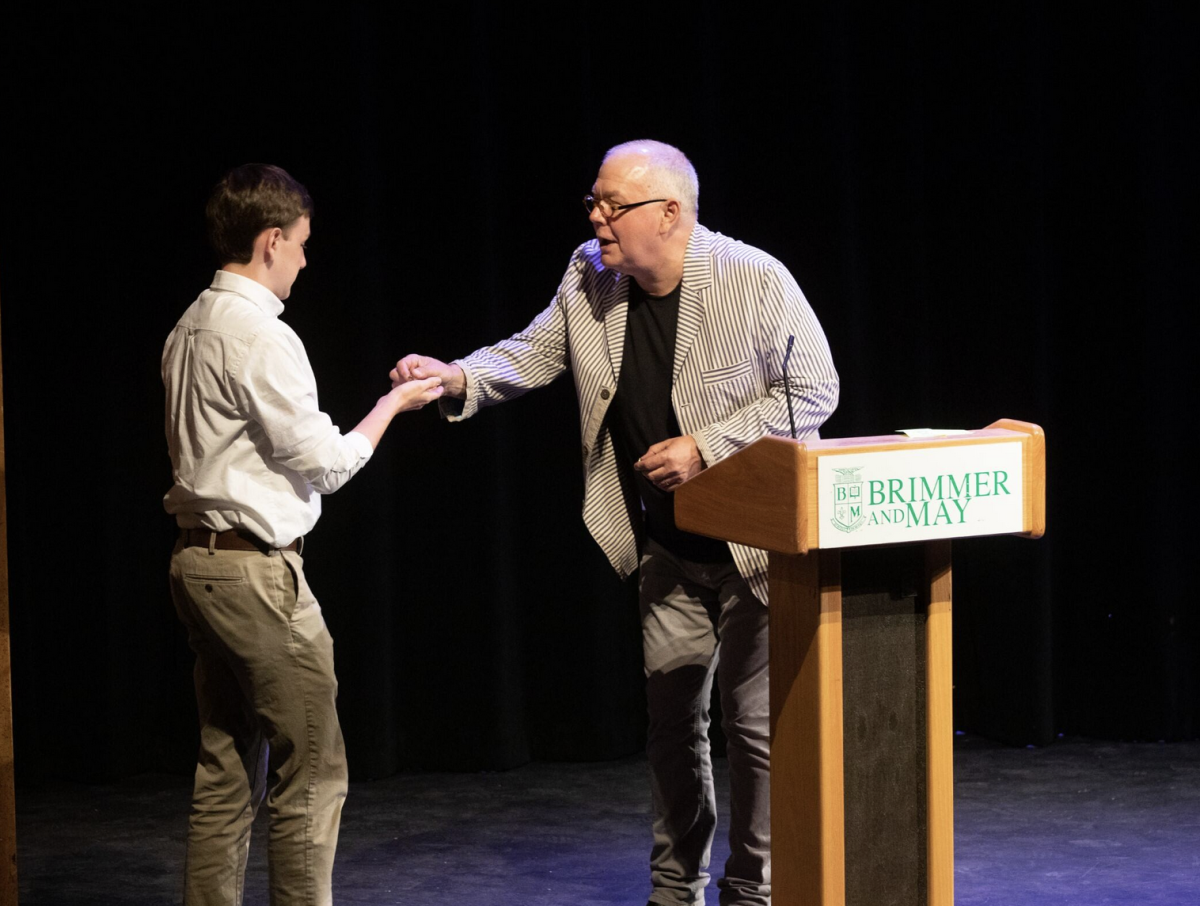
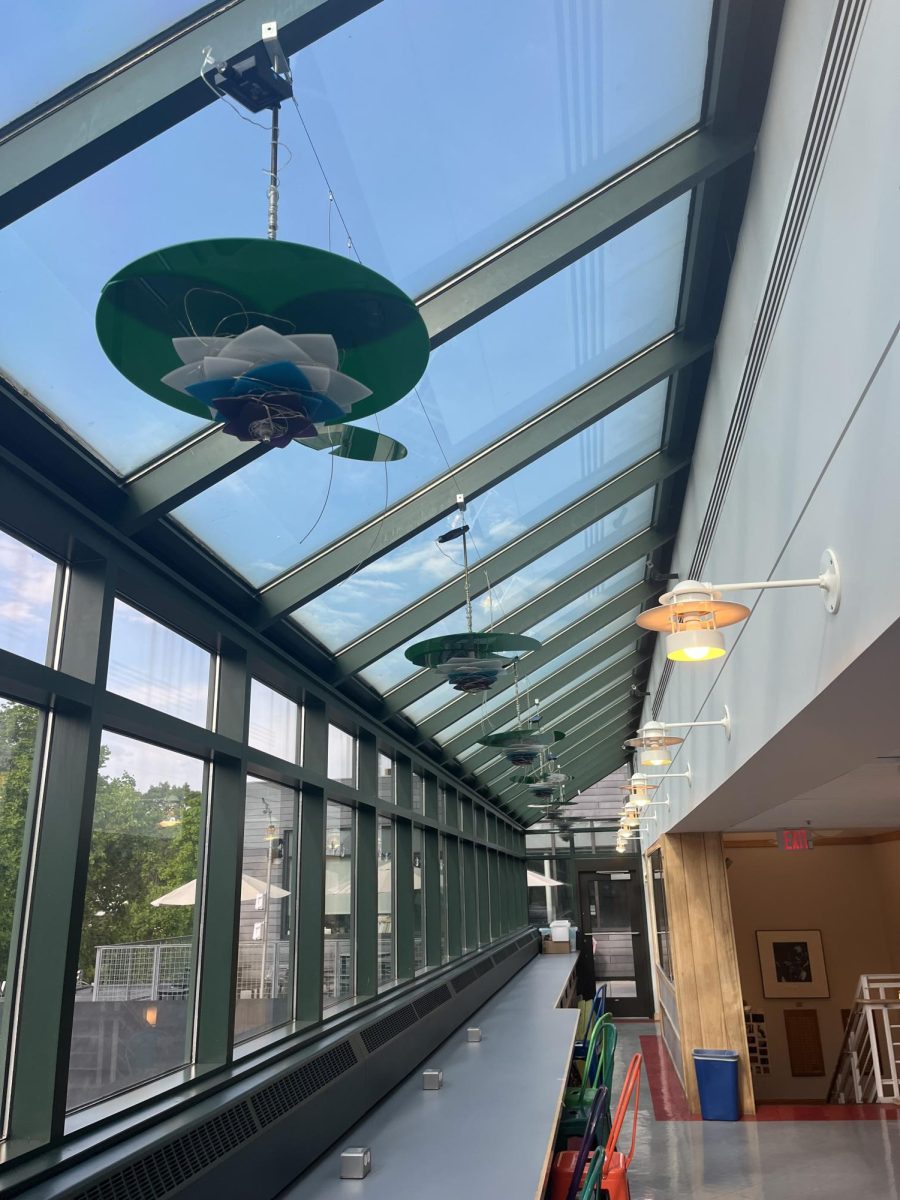
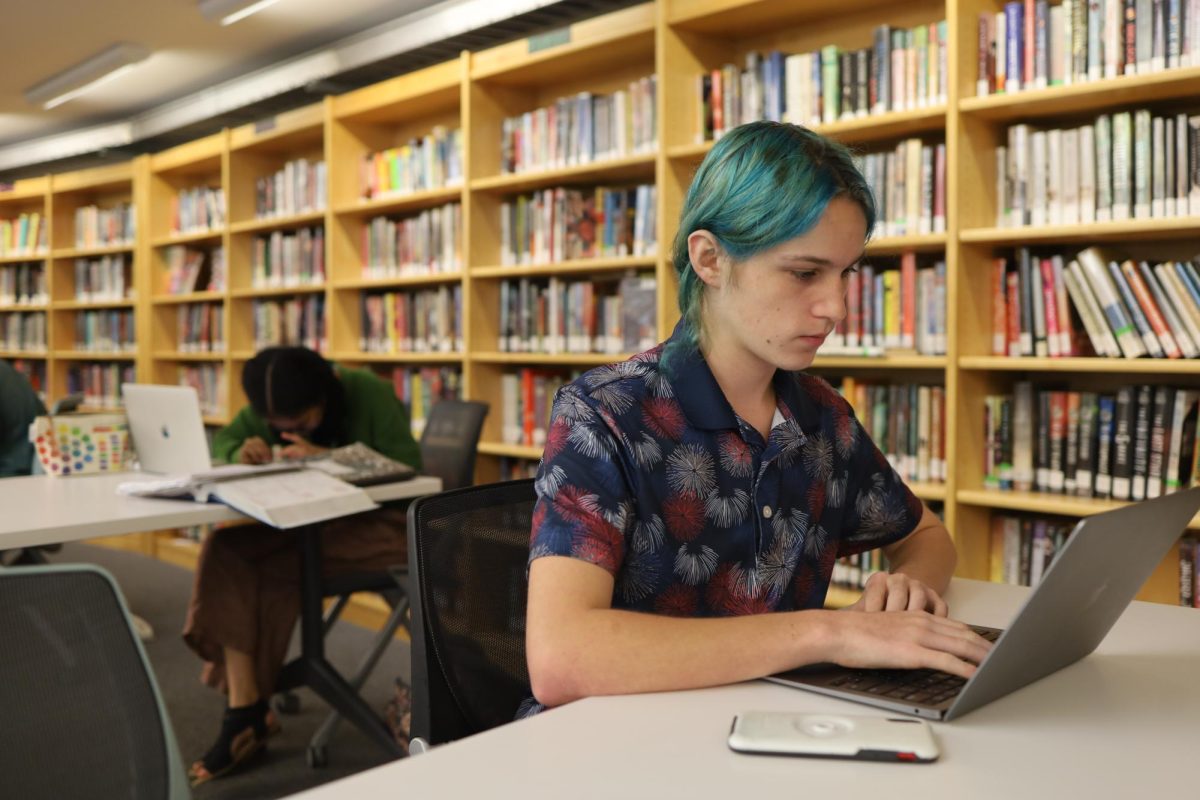

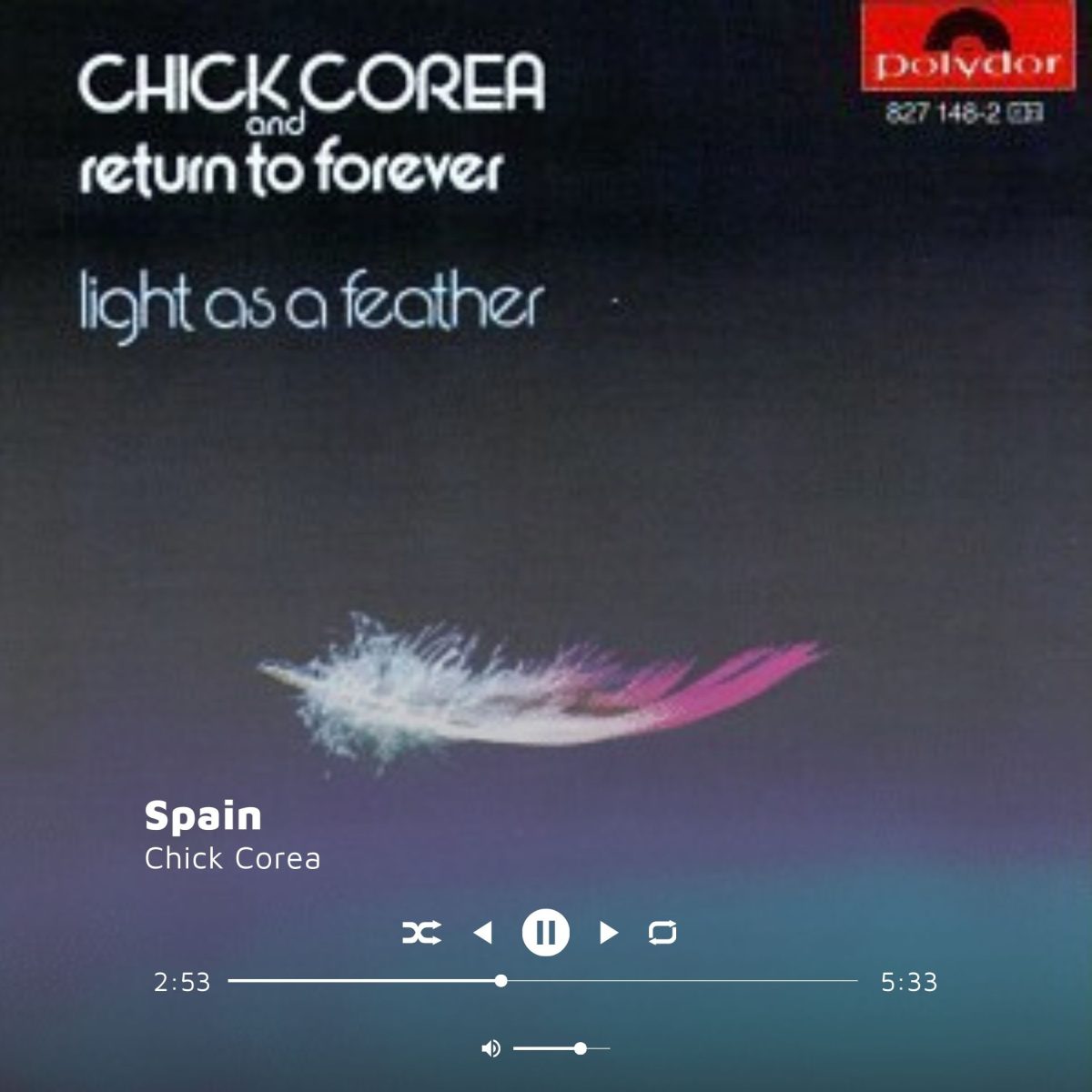
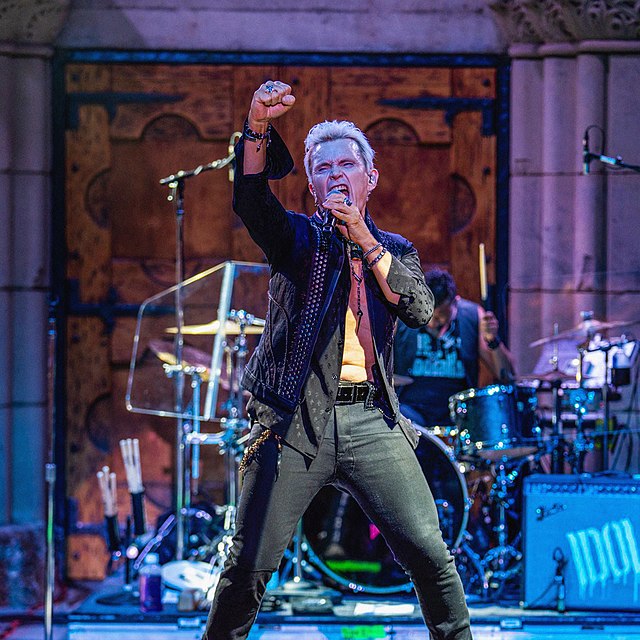
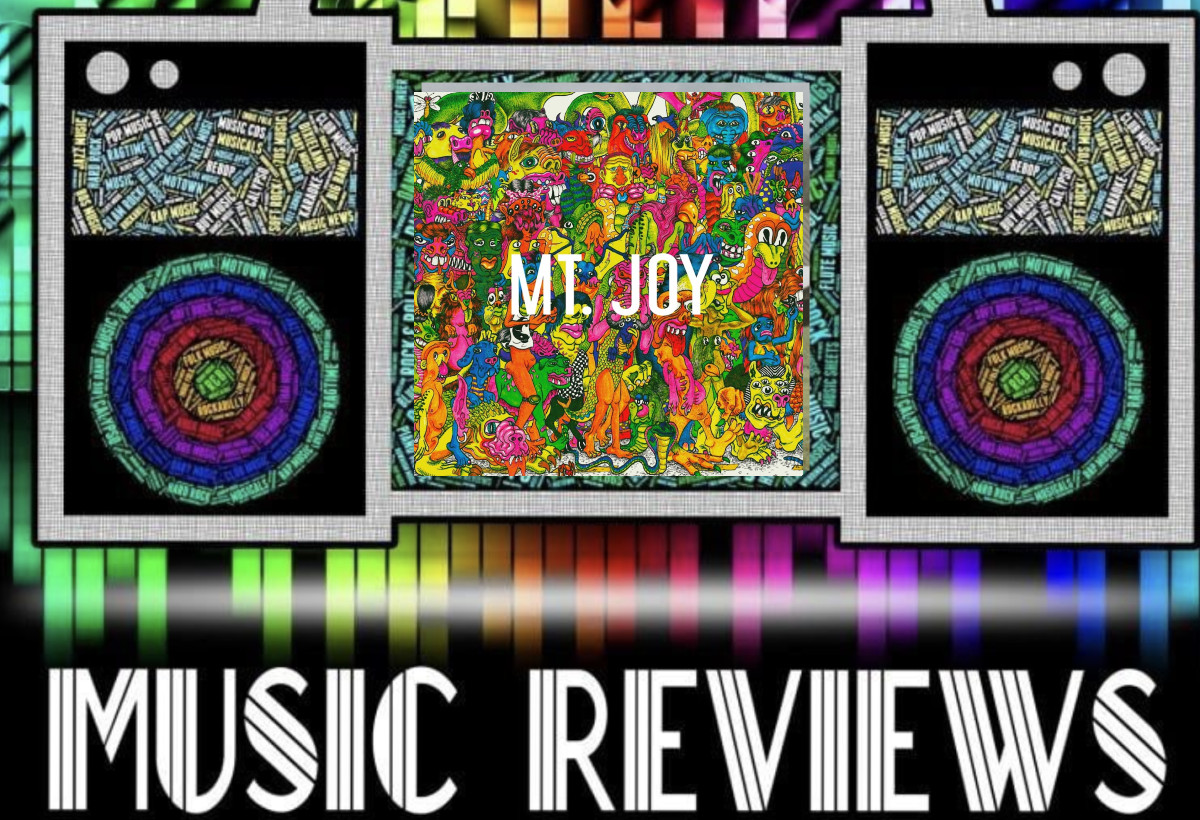
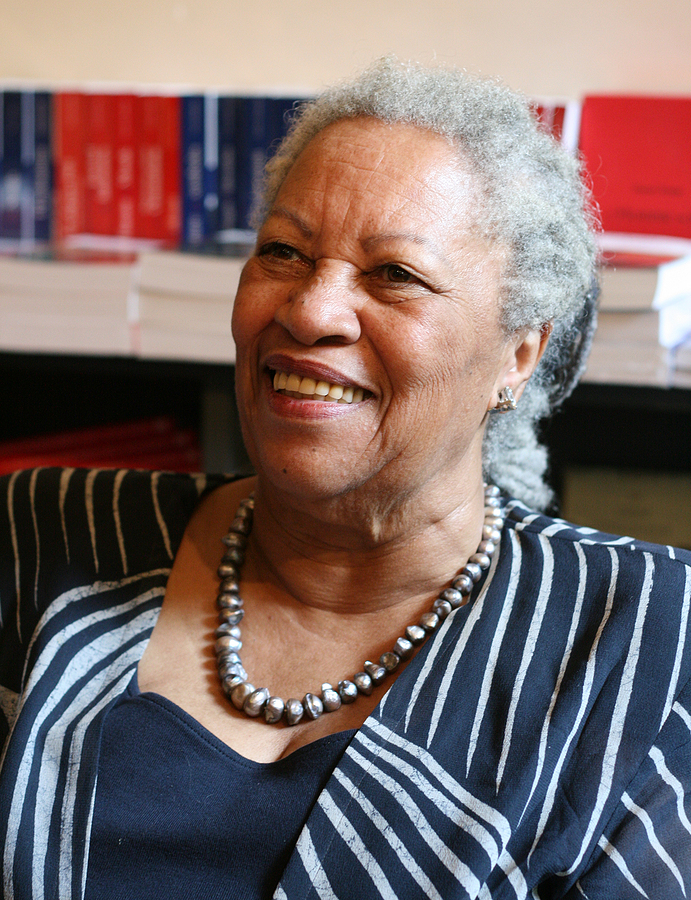

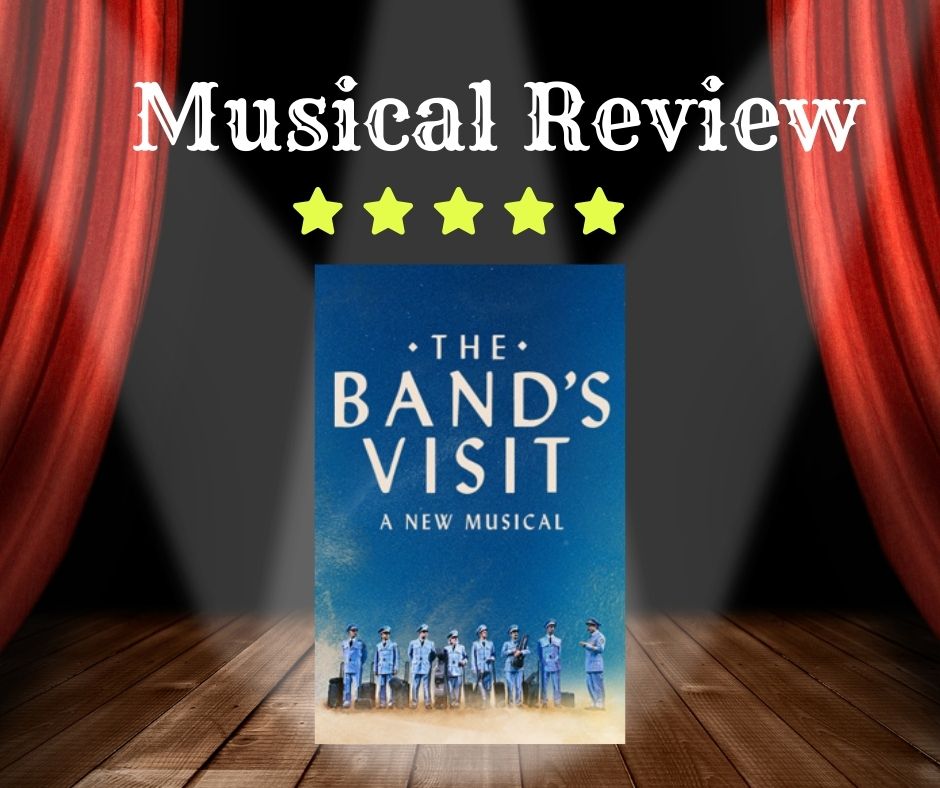
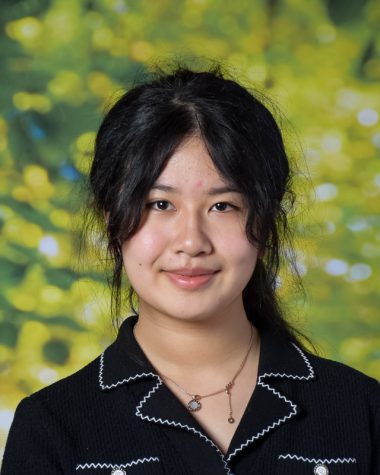
Marlie K • Jan 10, 2024 at 1:37 pm
I love this piece & review! Thank you so much for showcasing this incredible show!